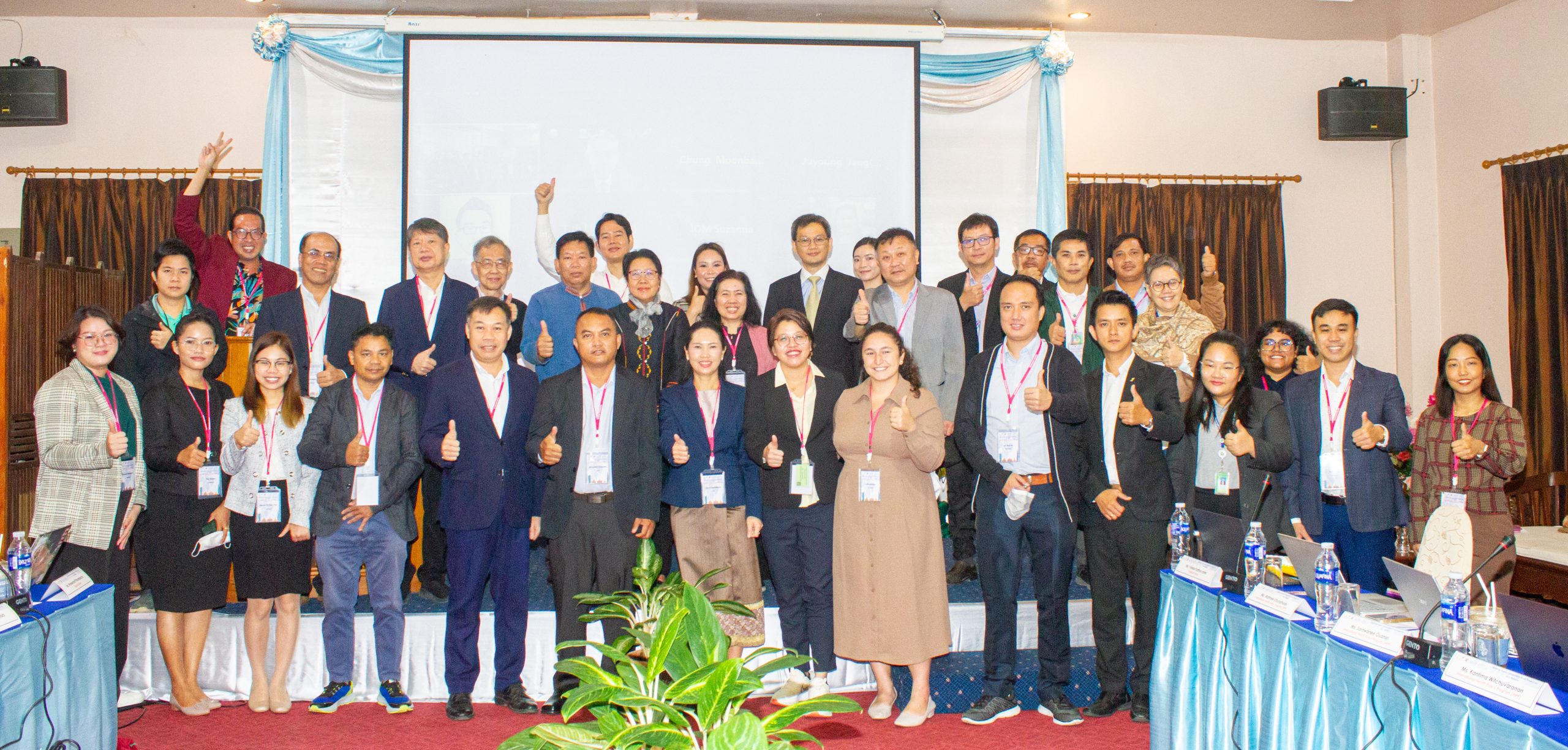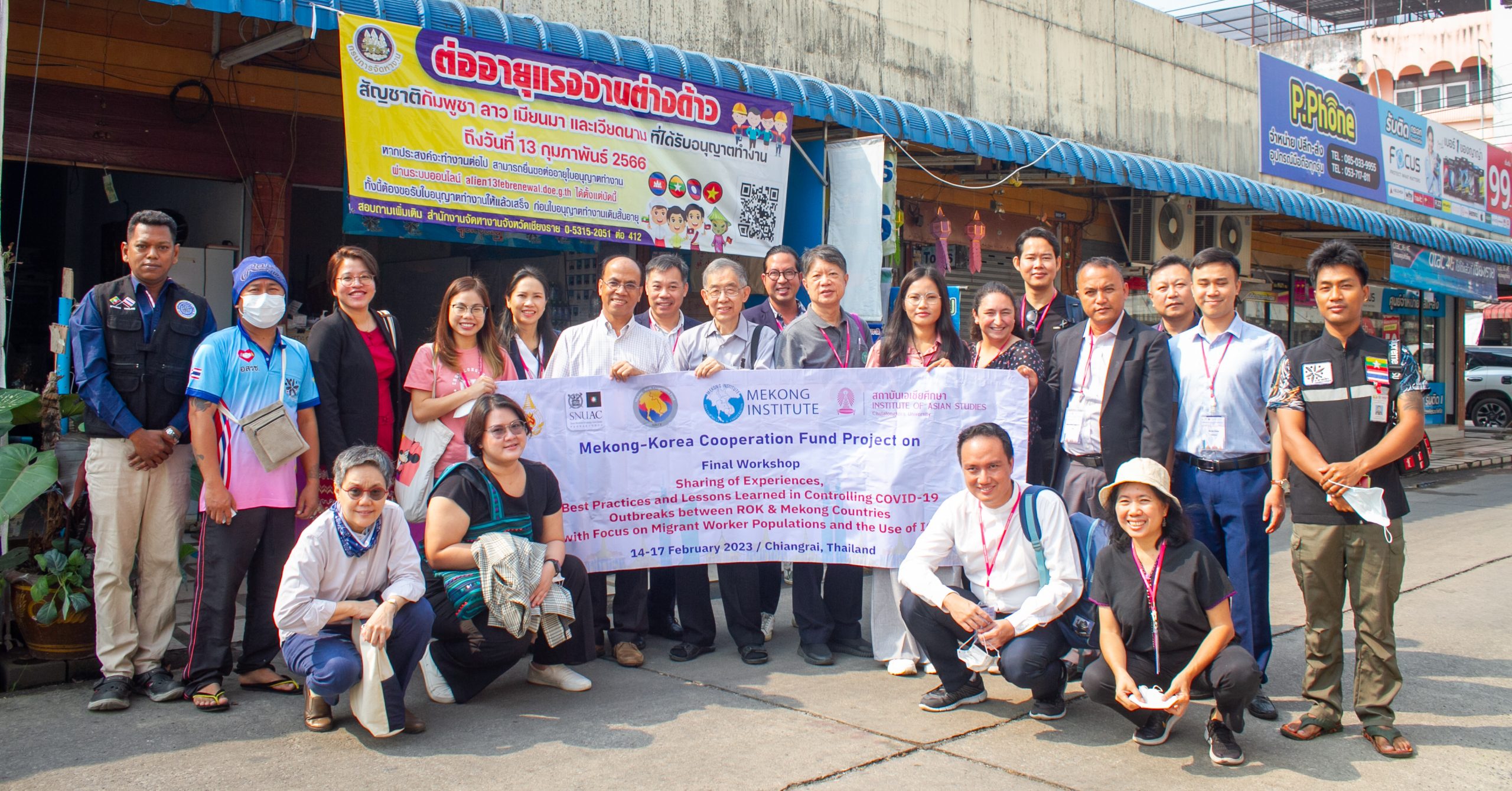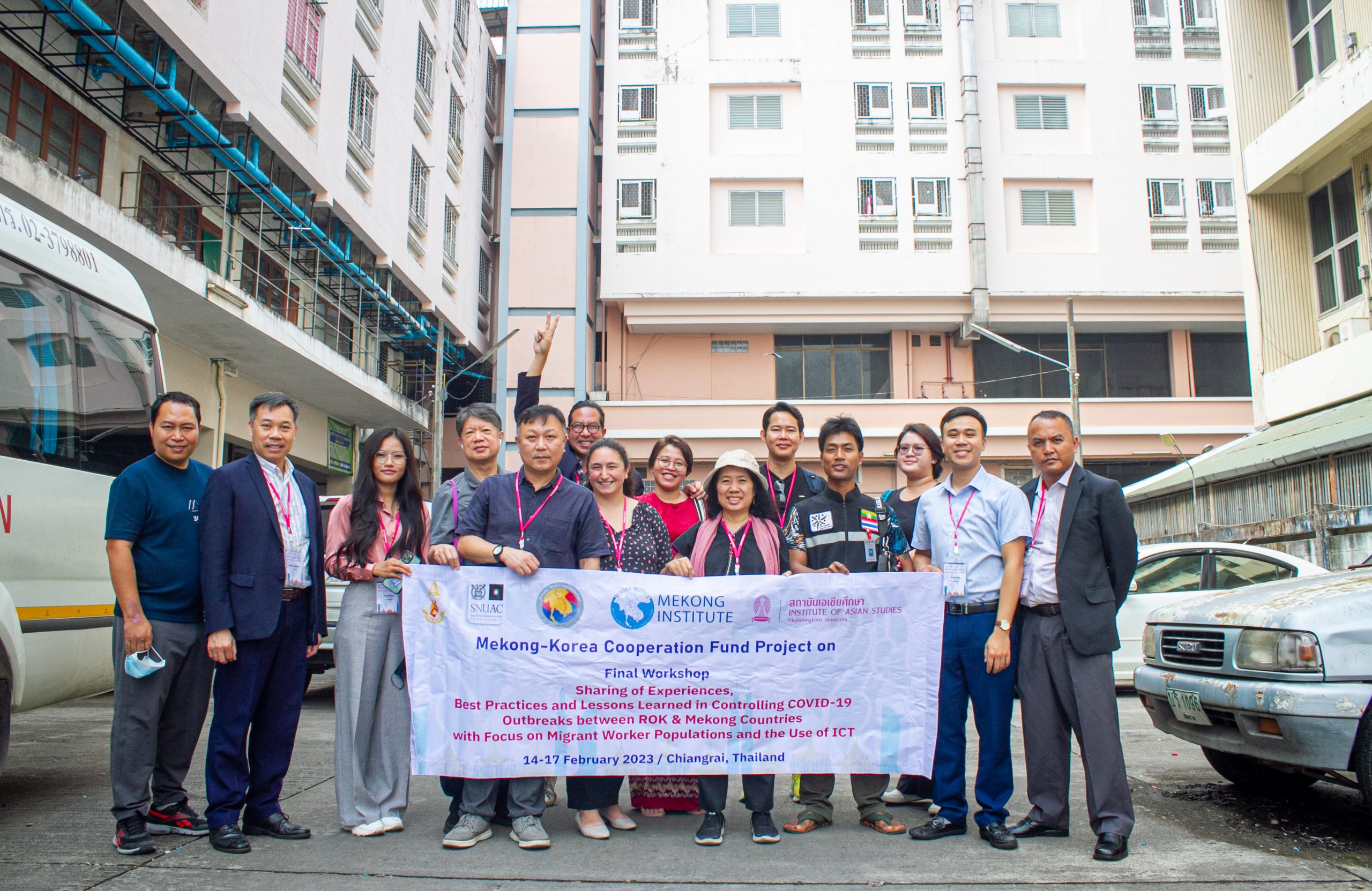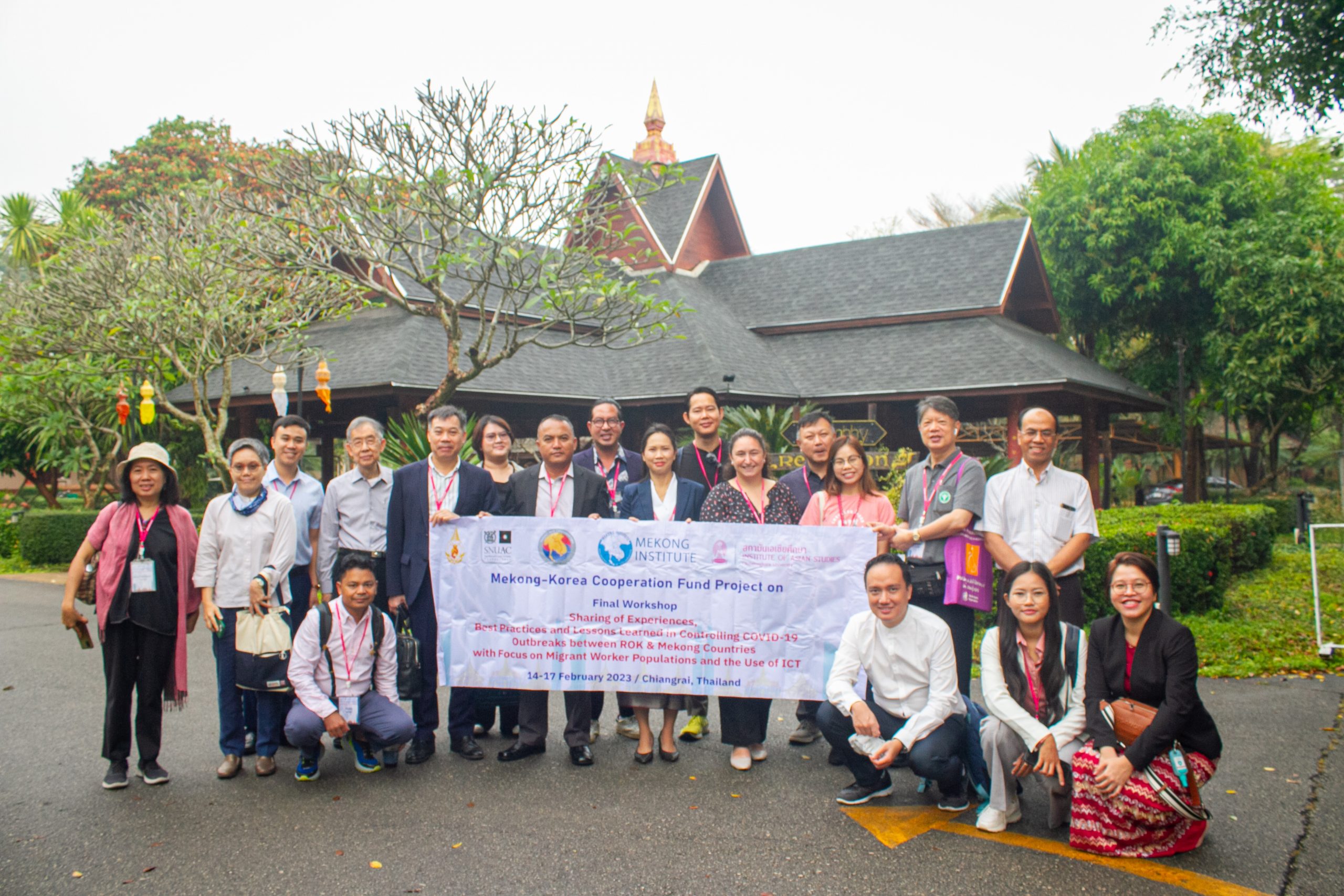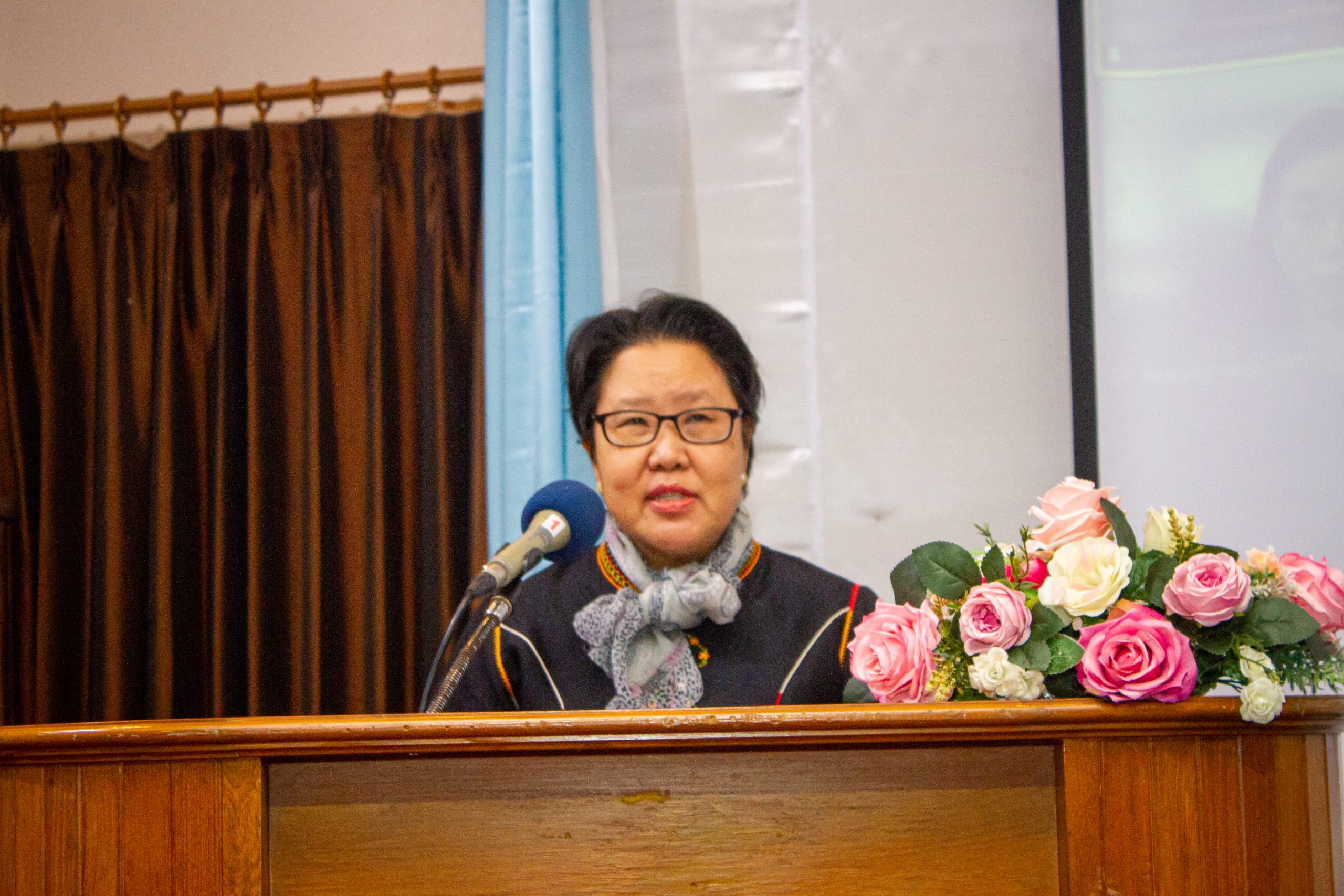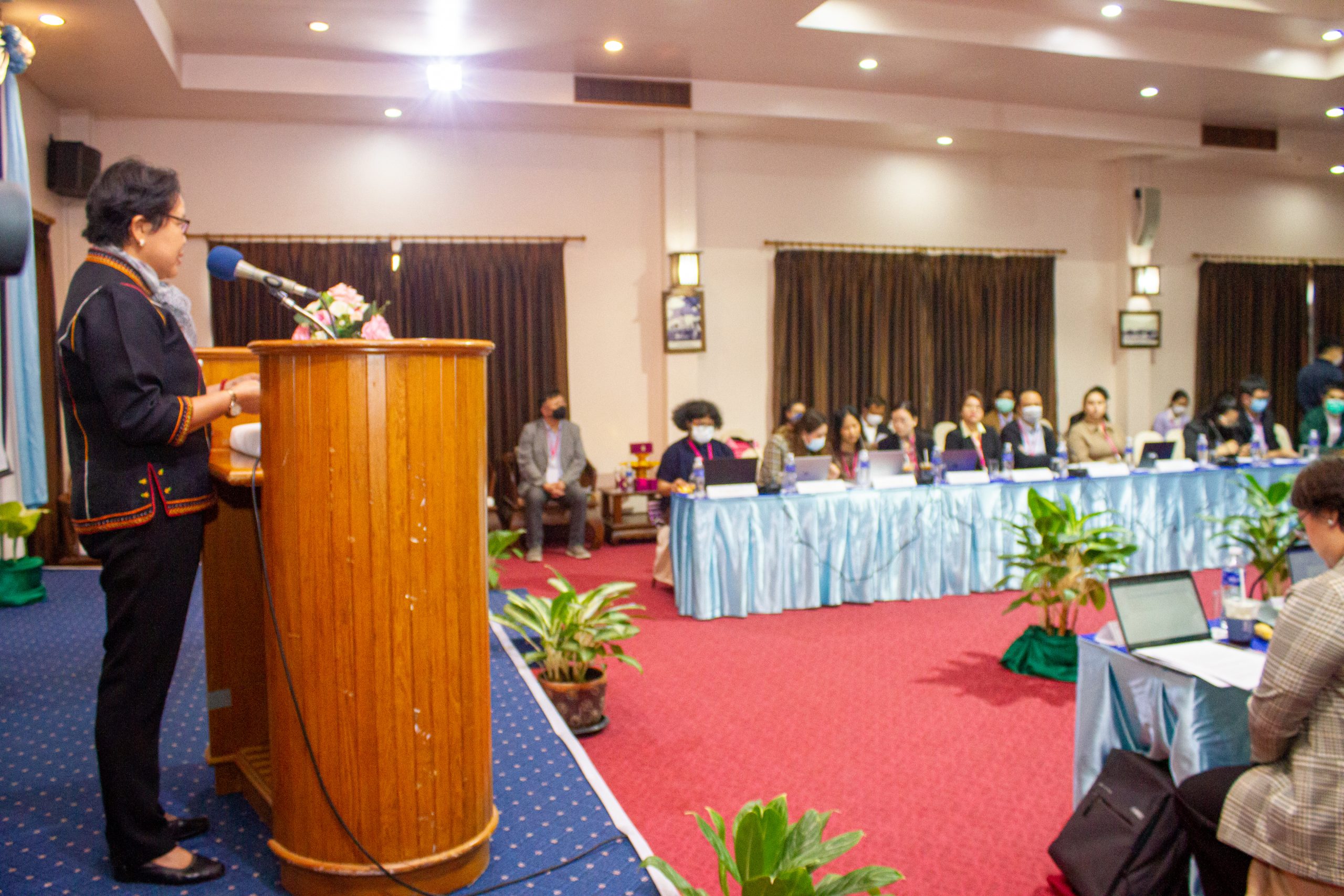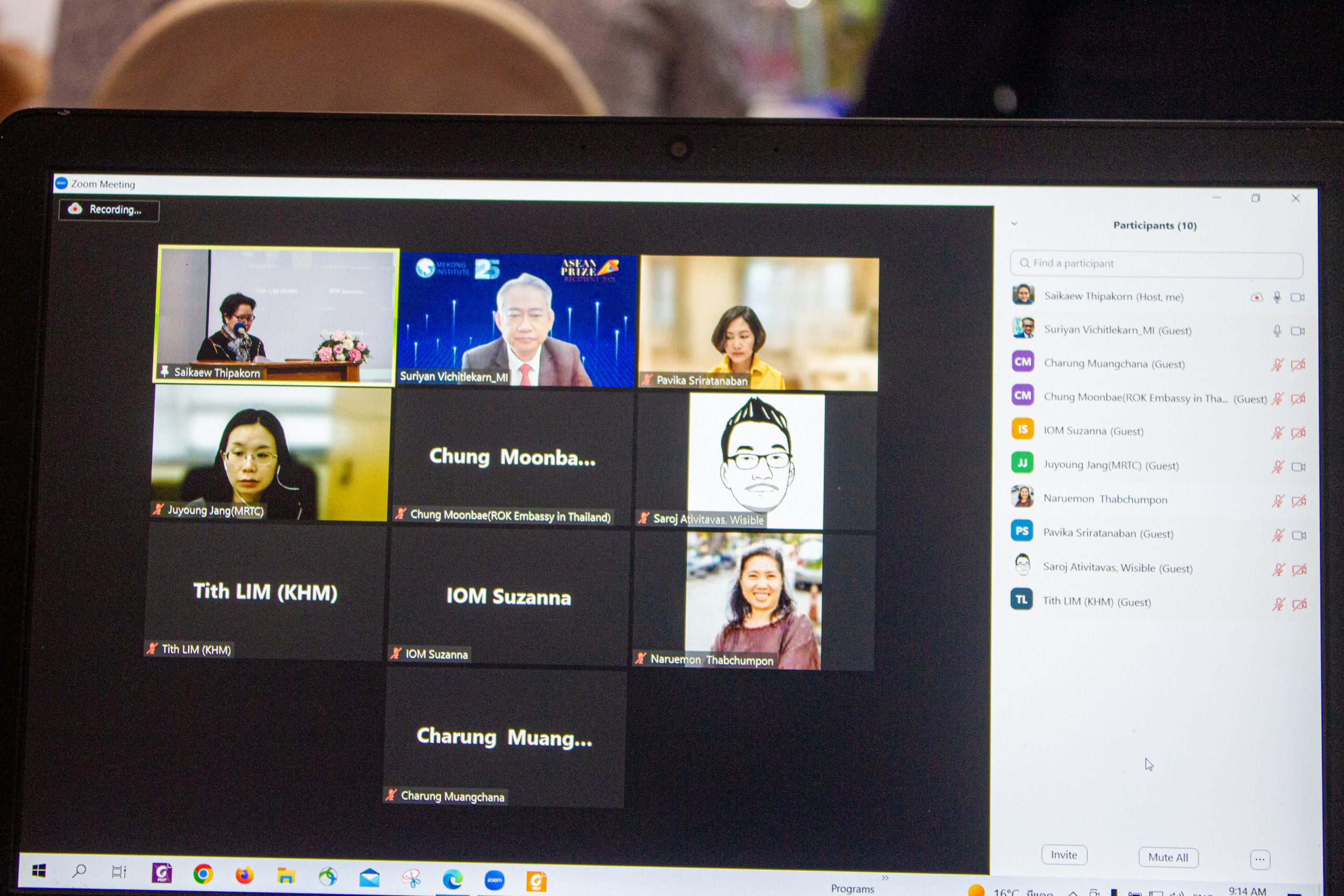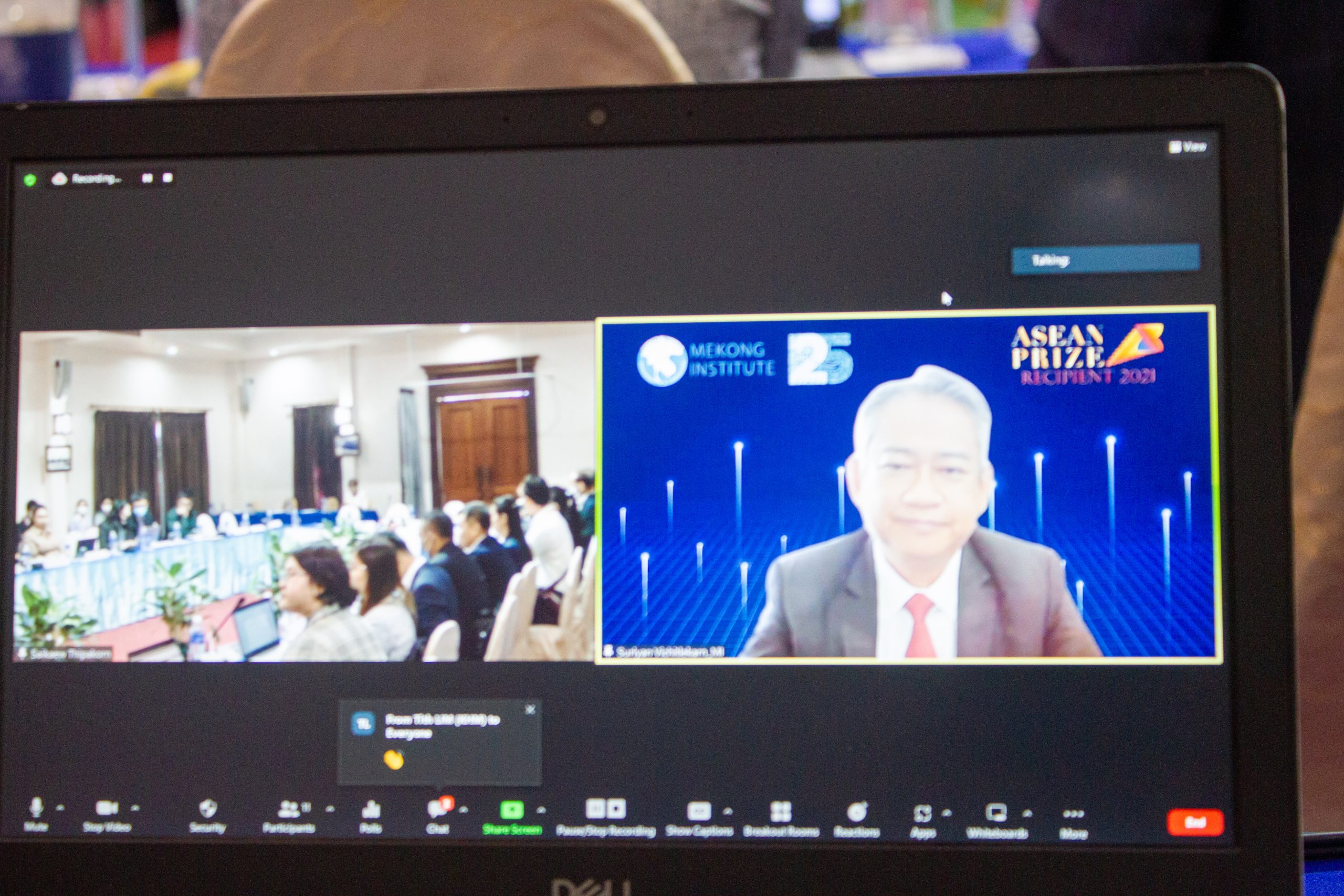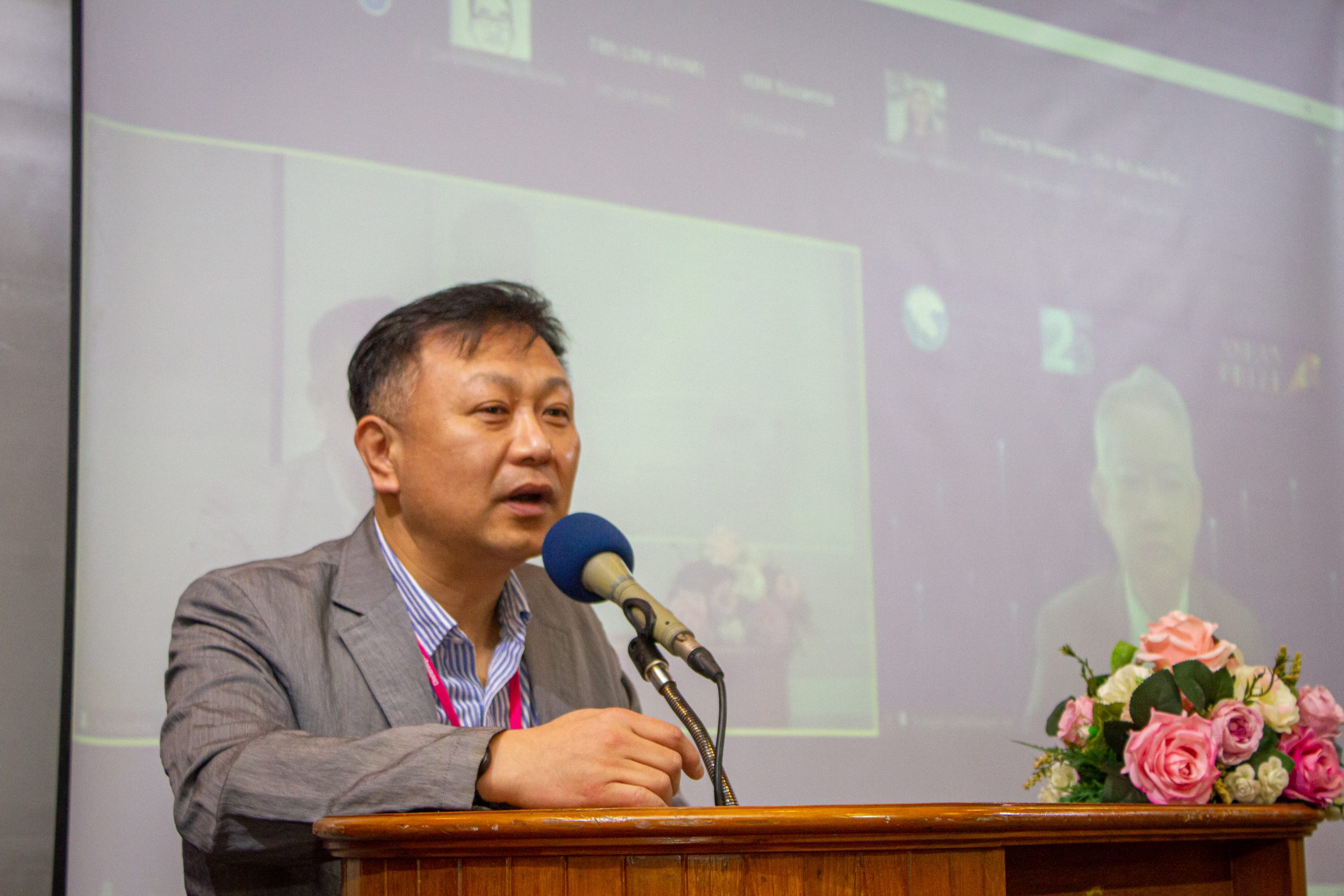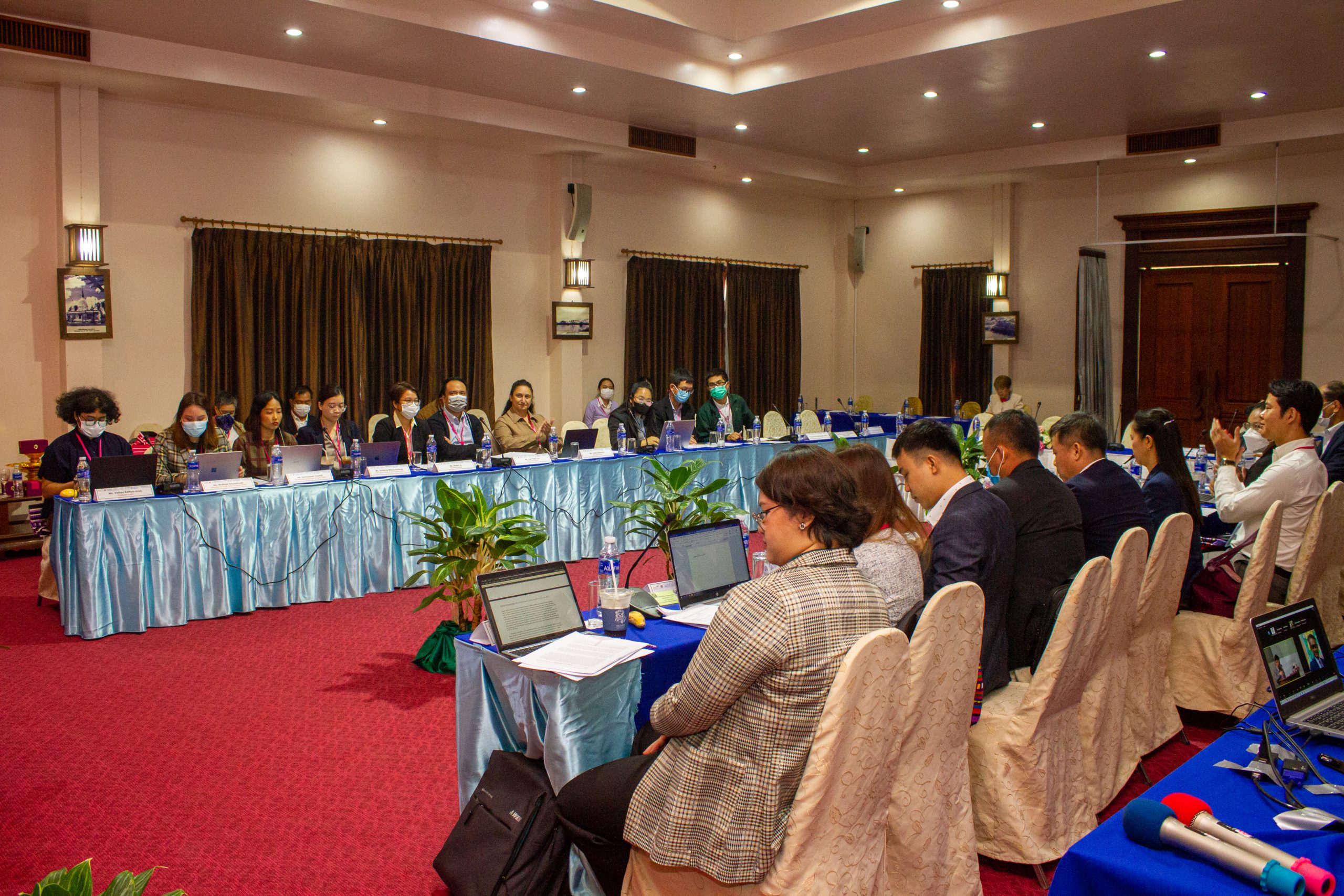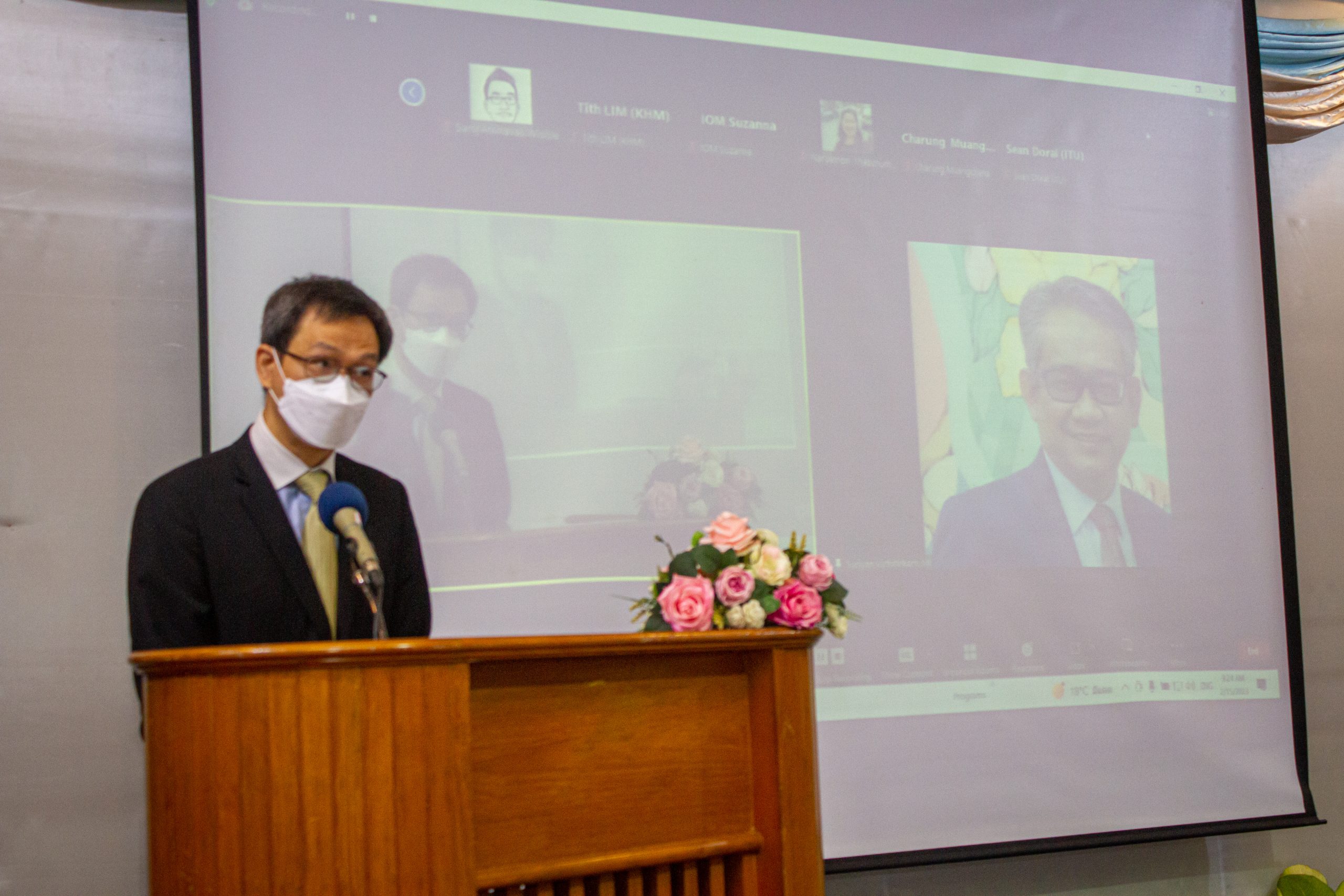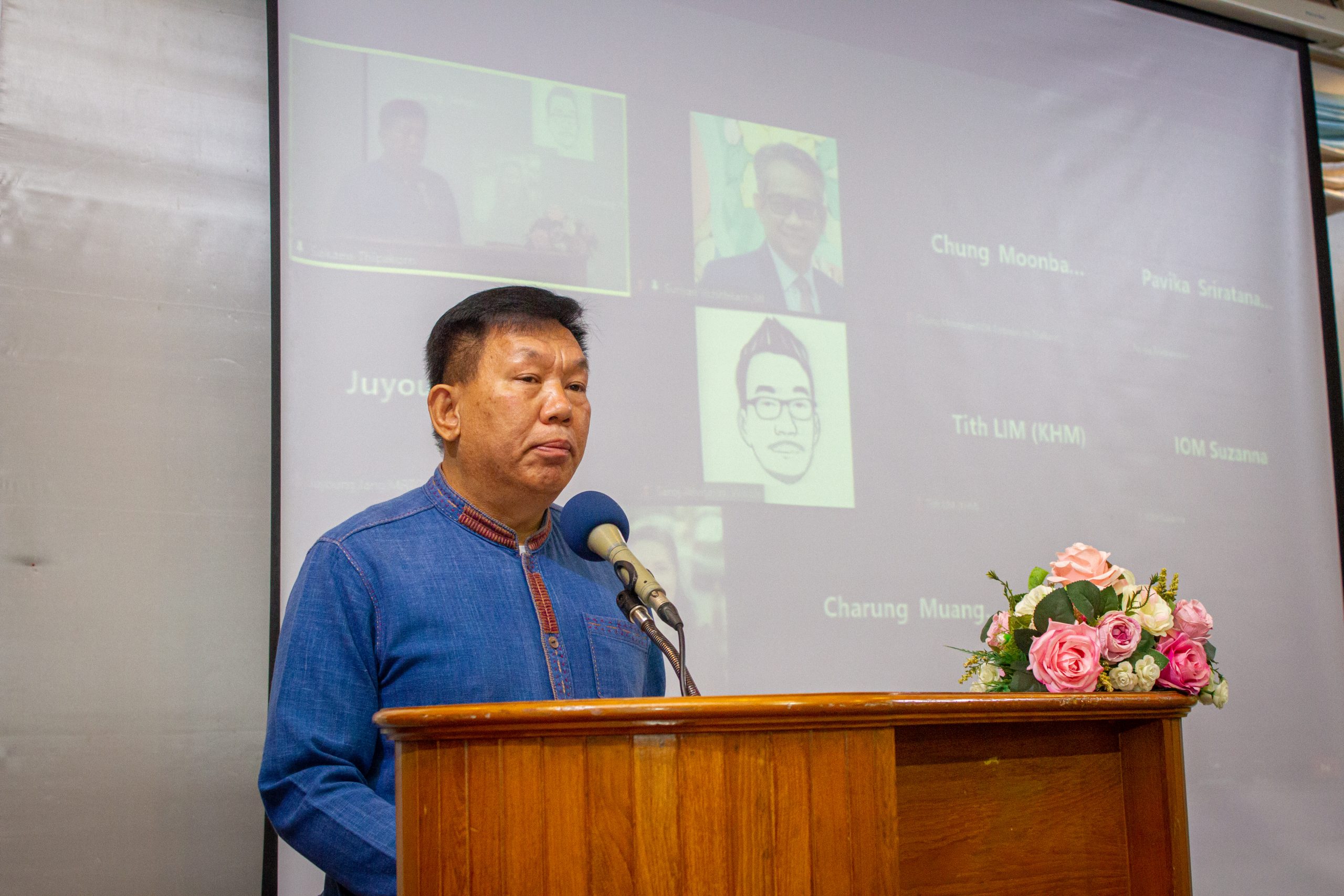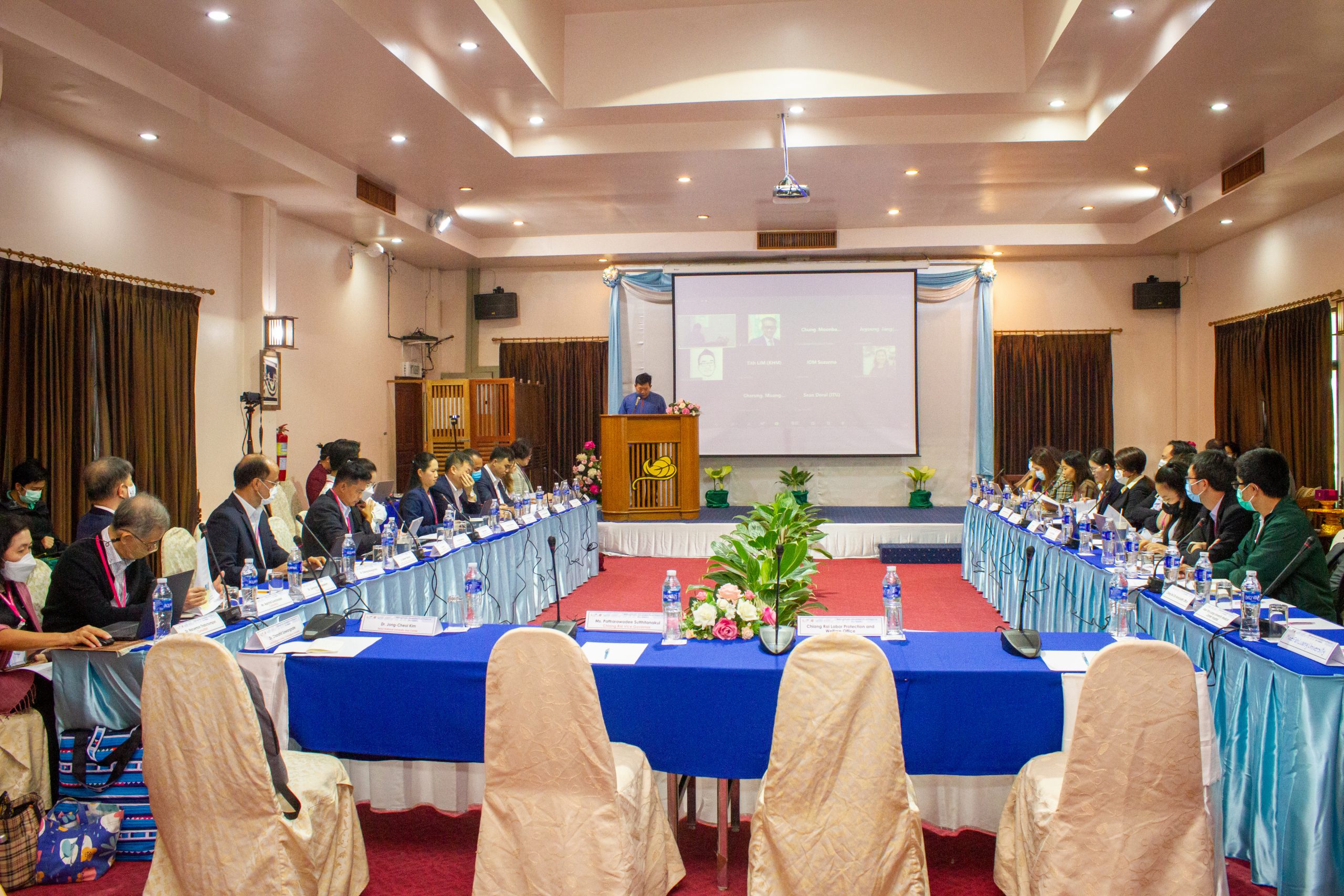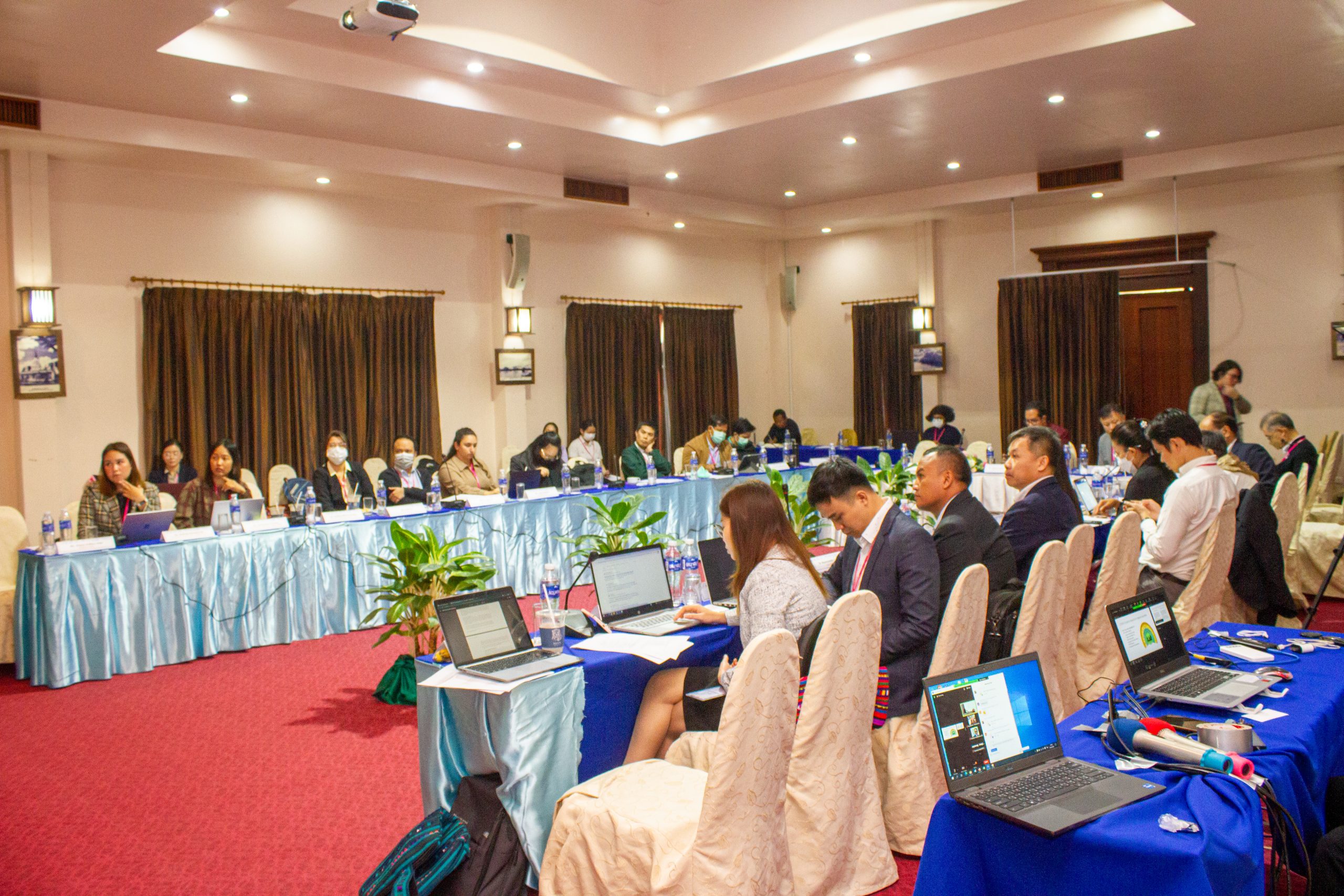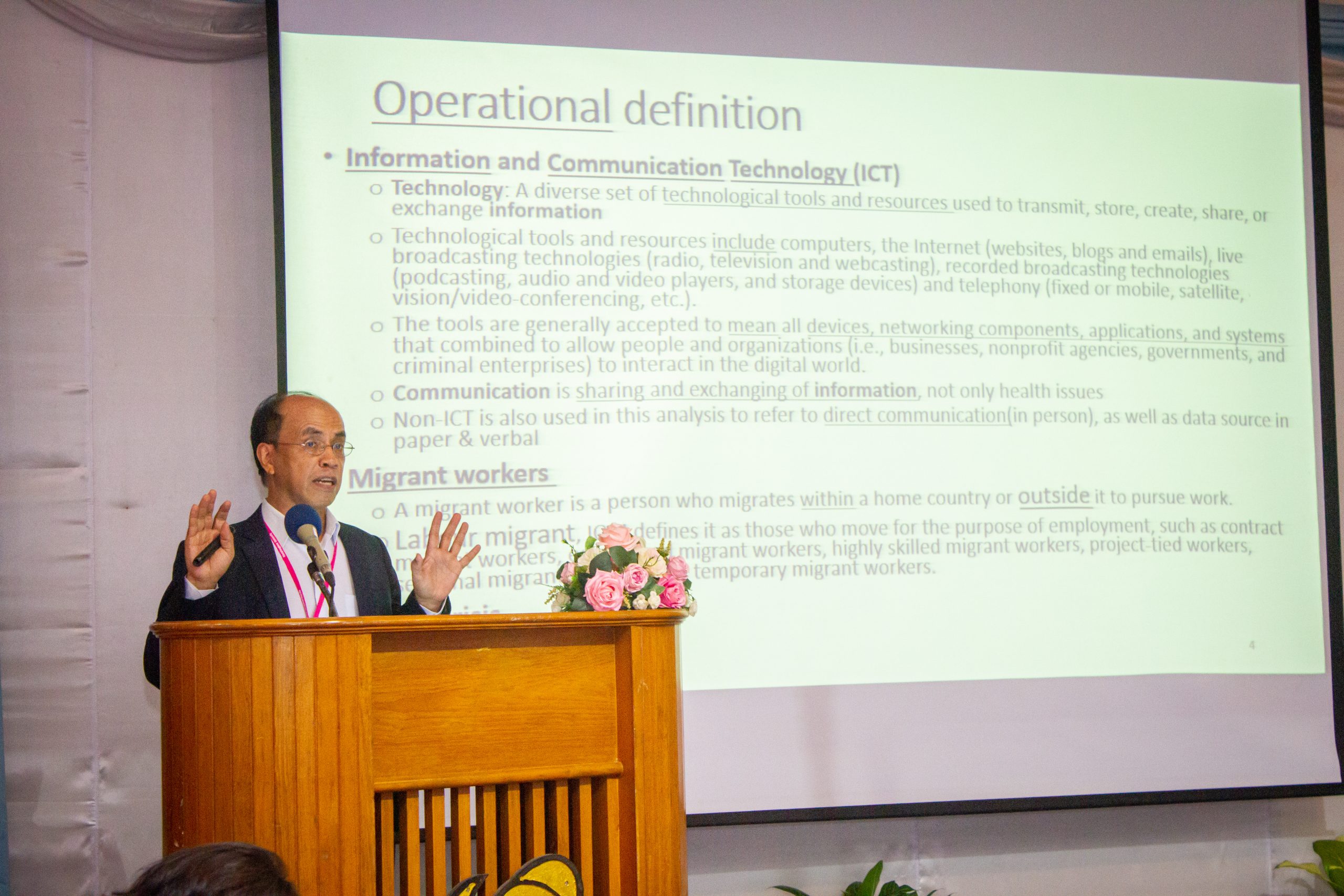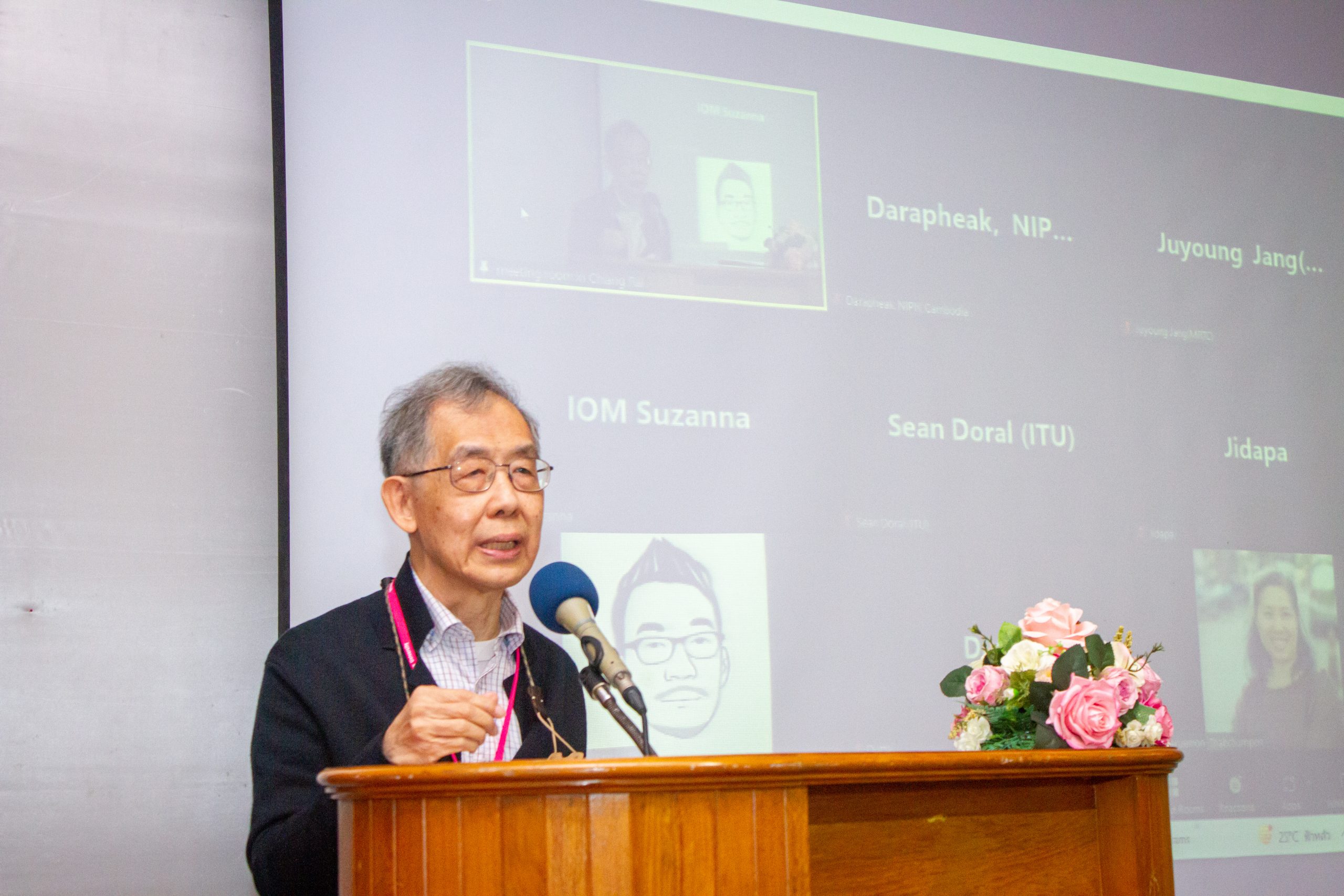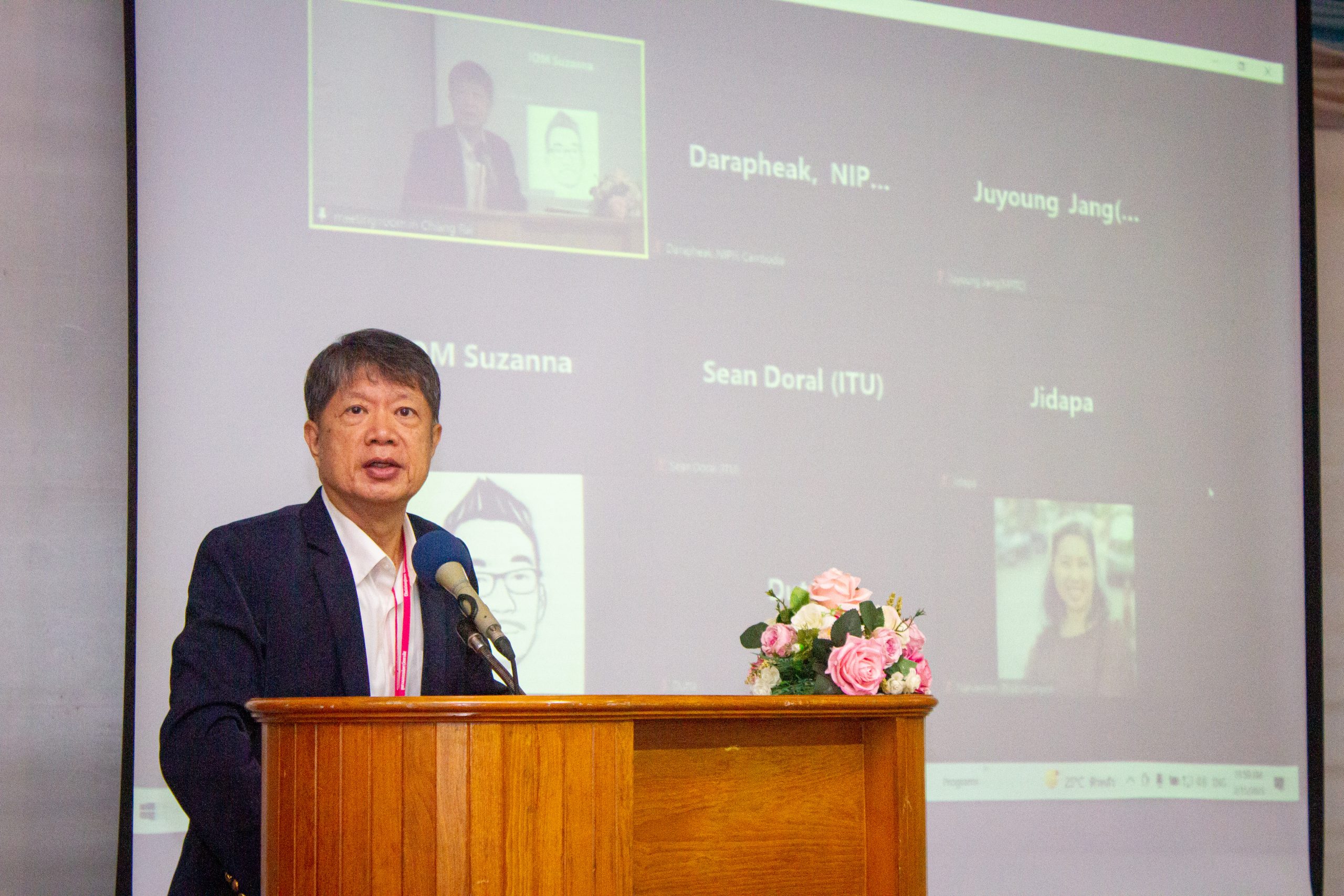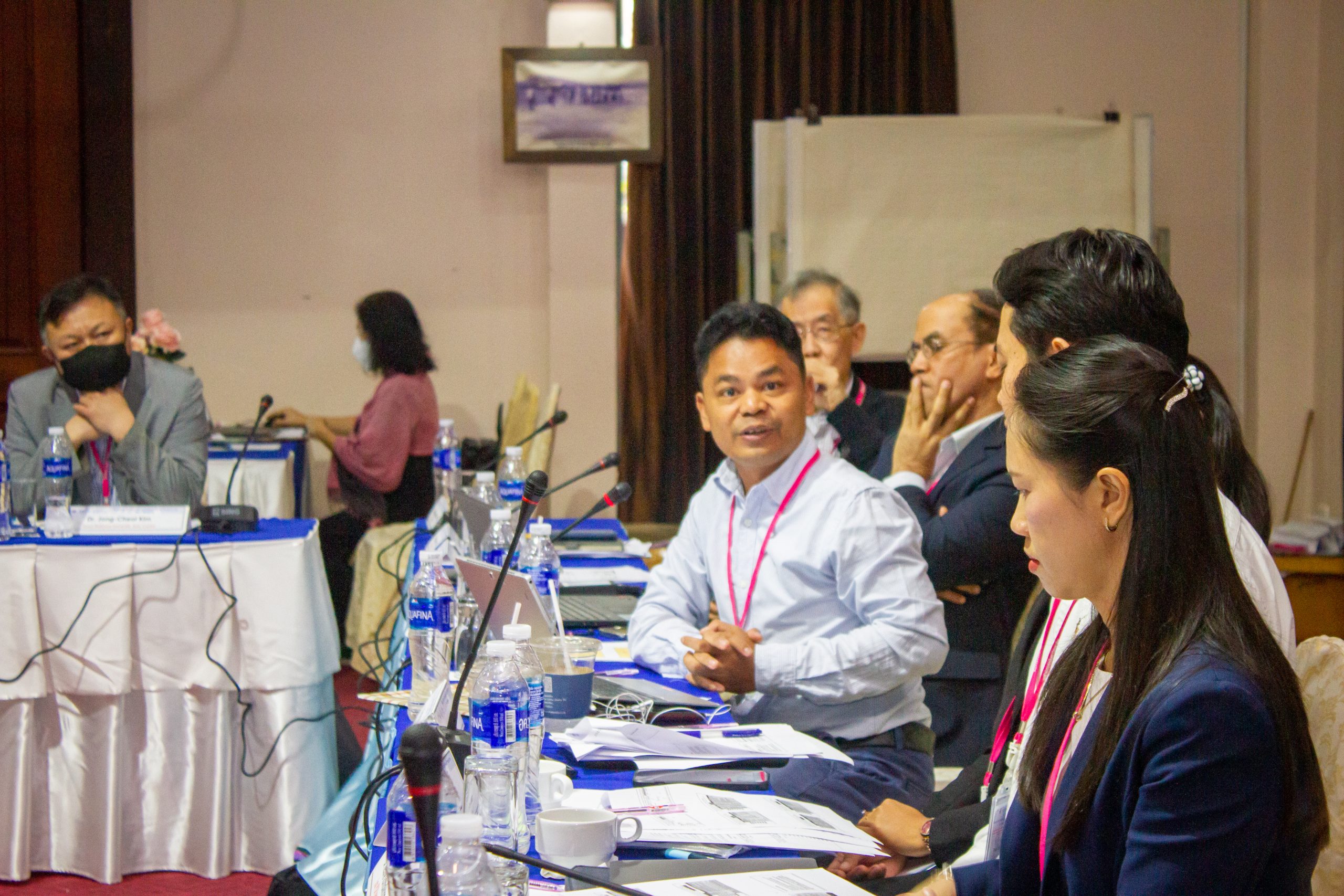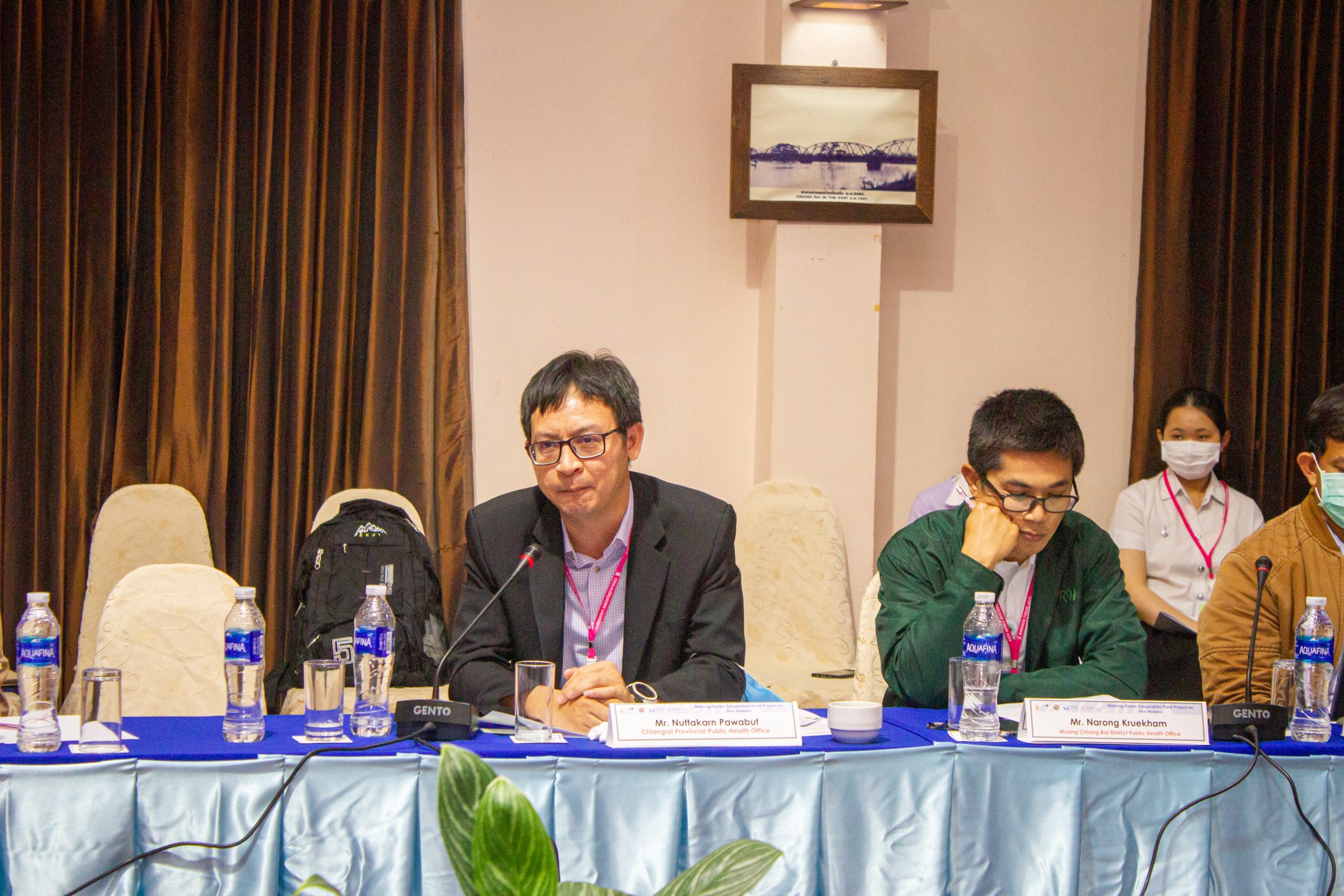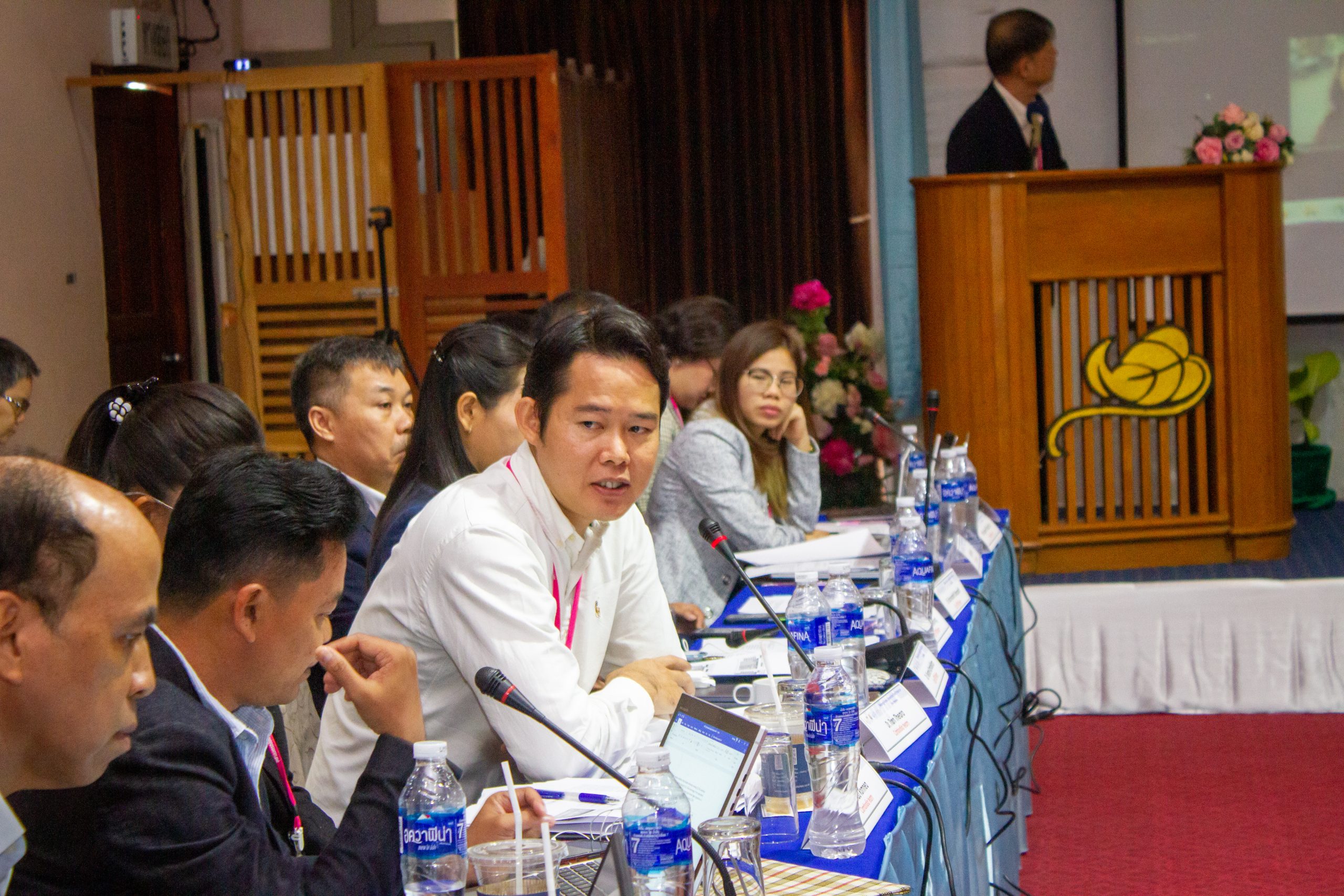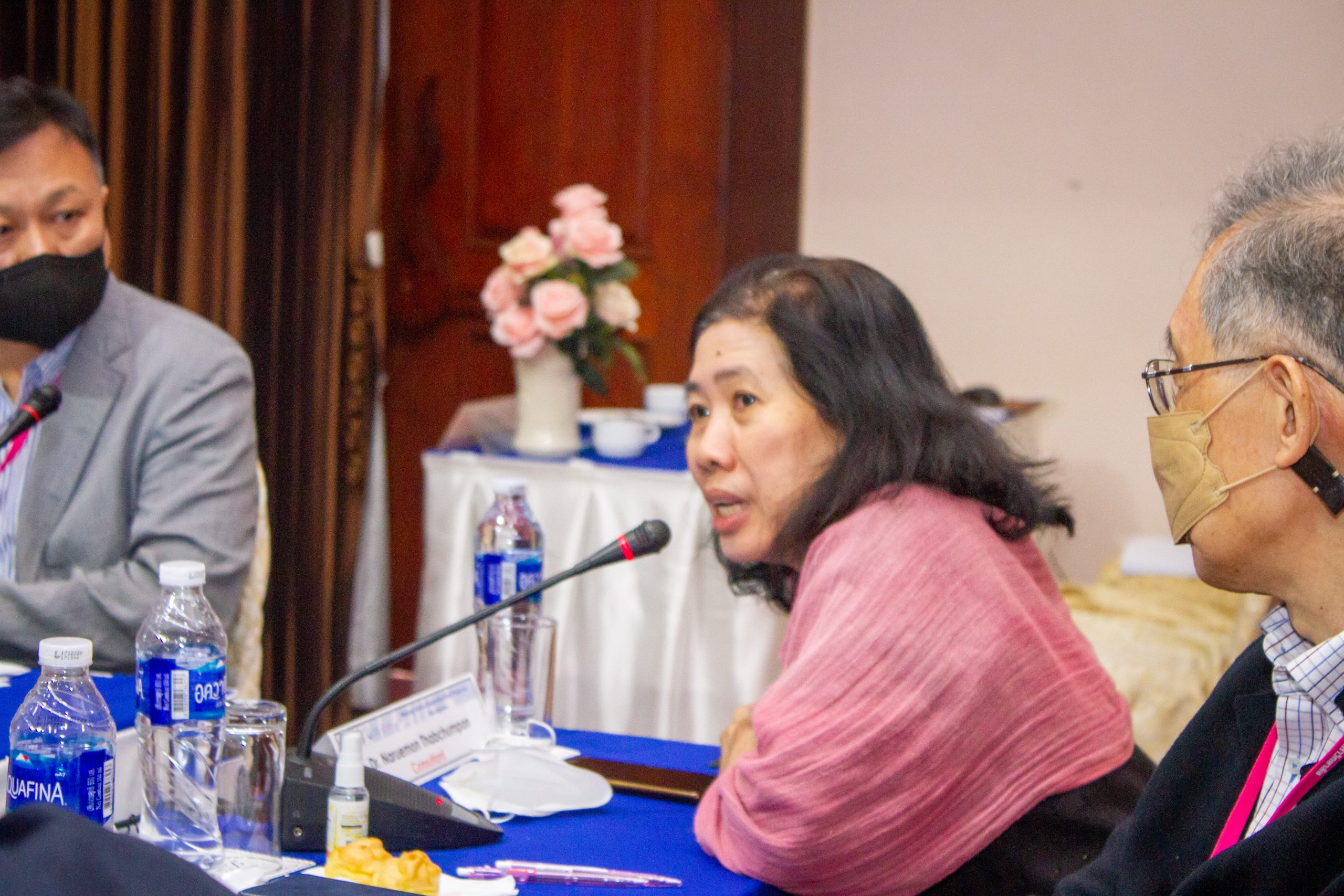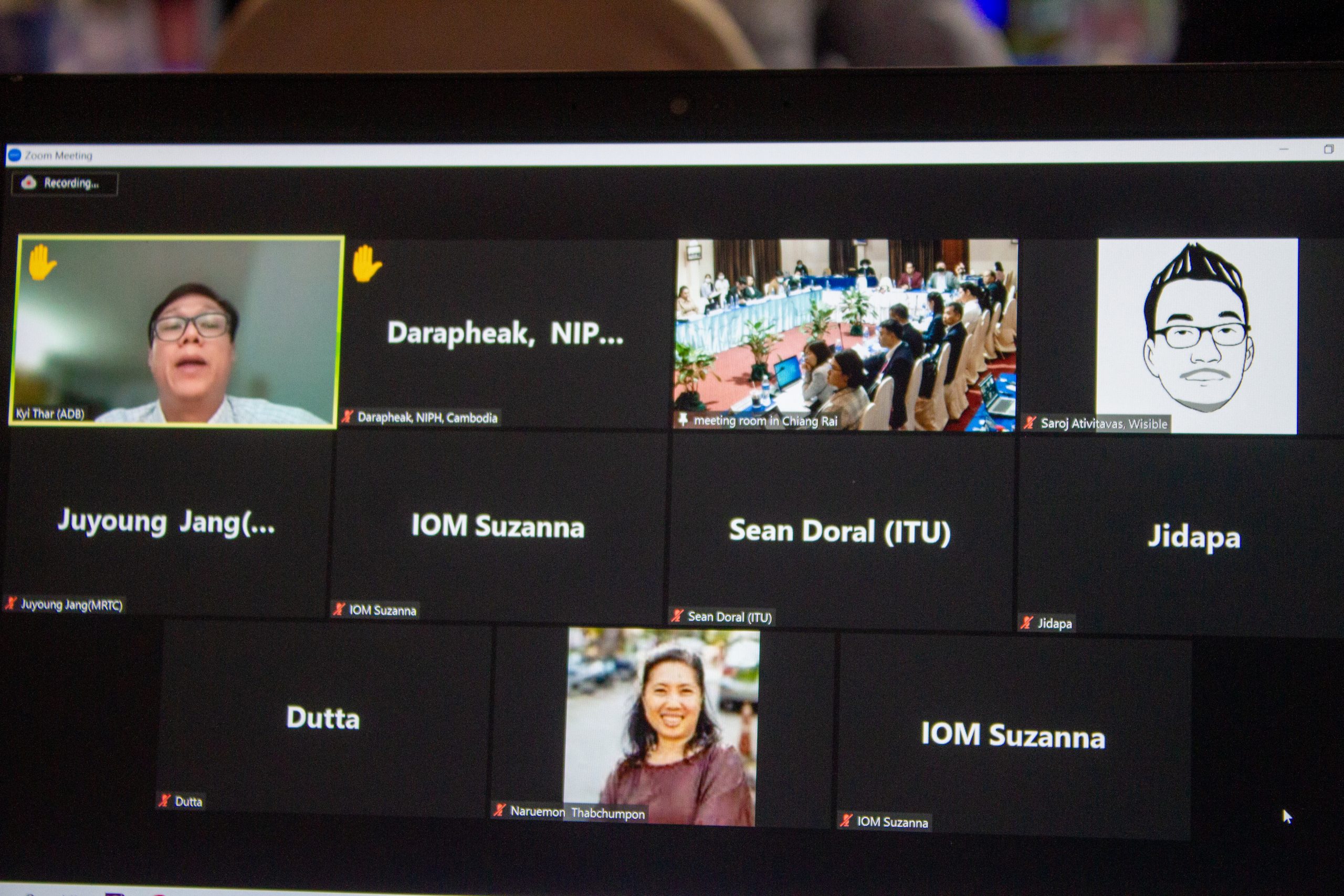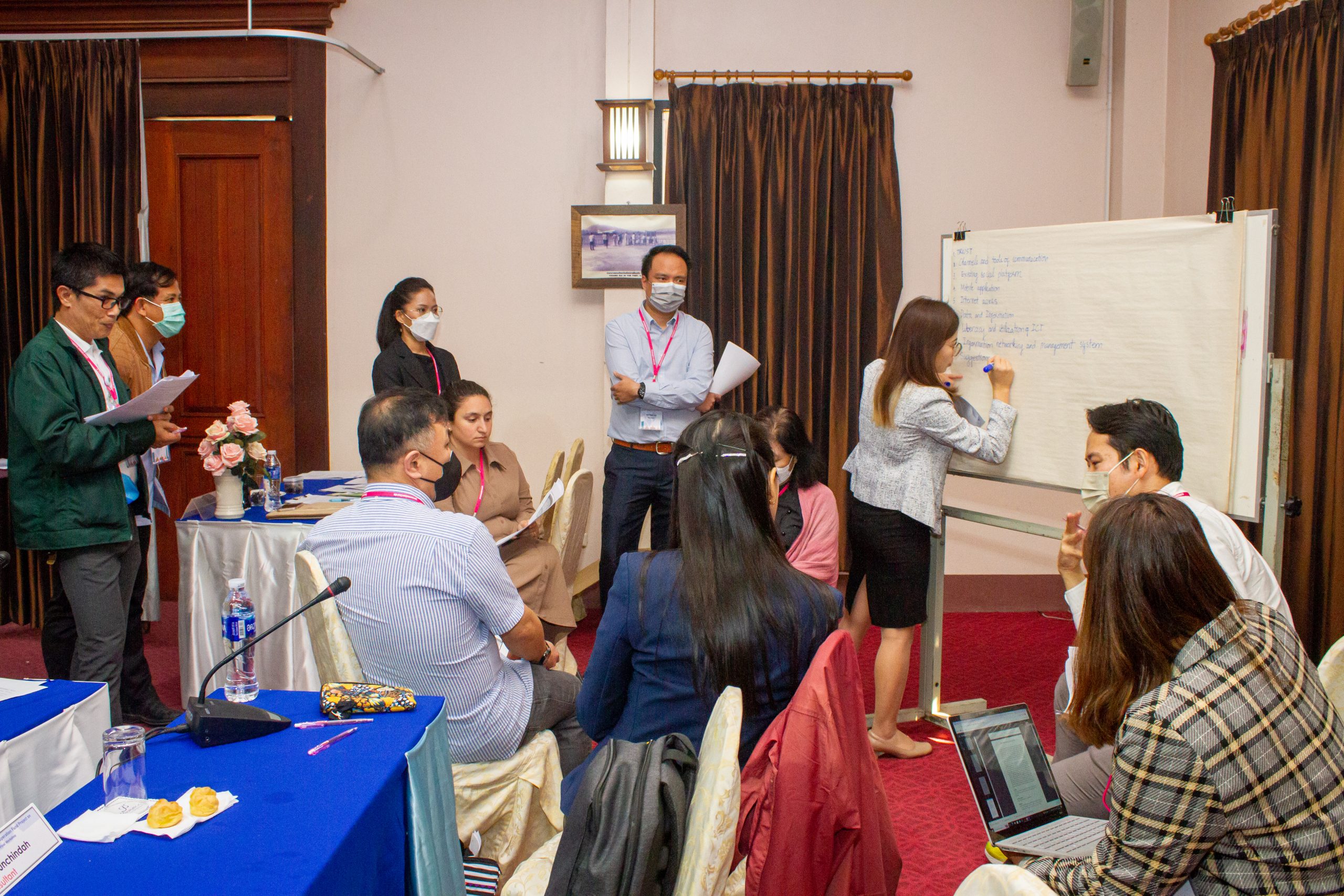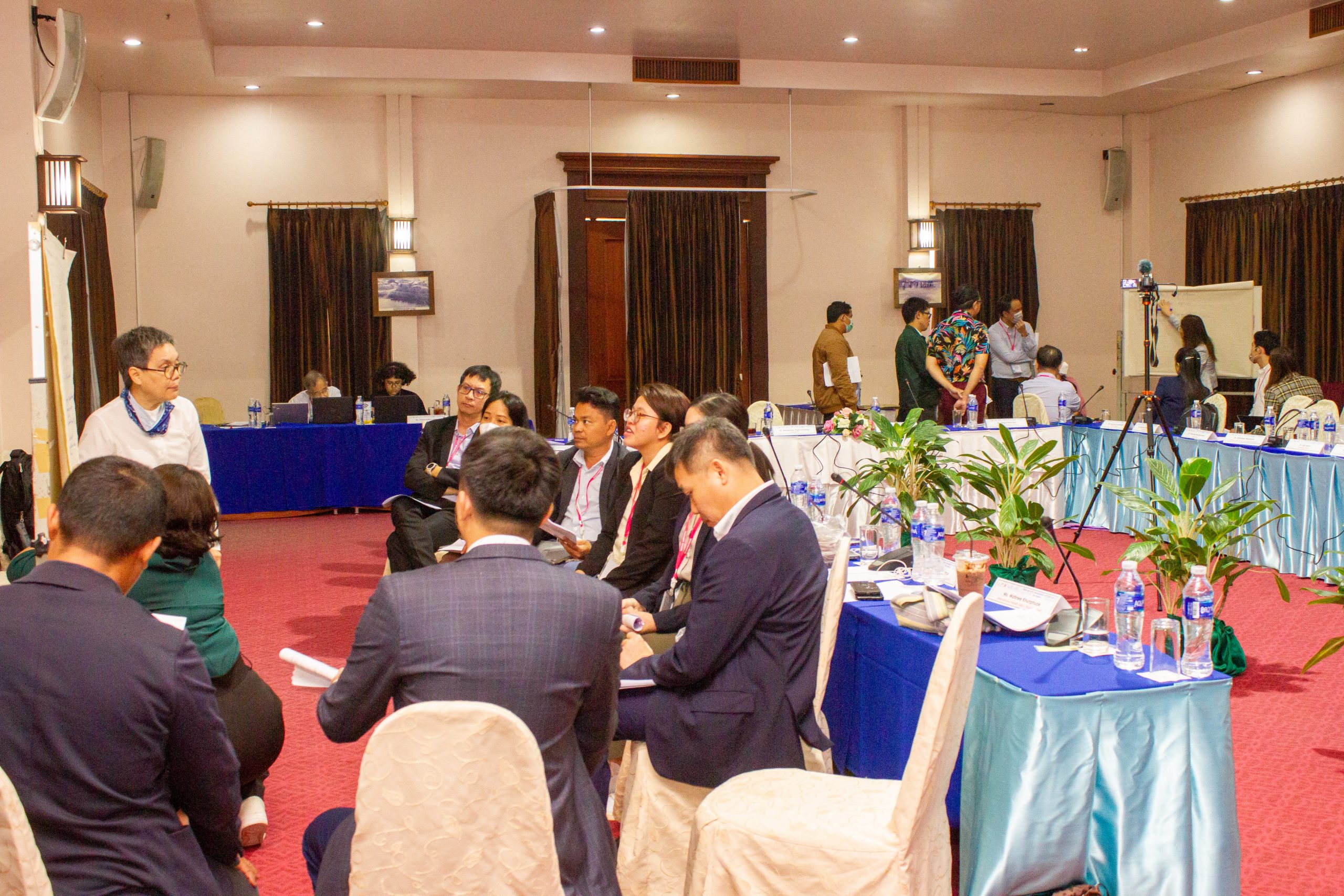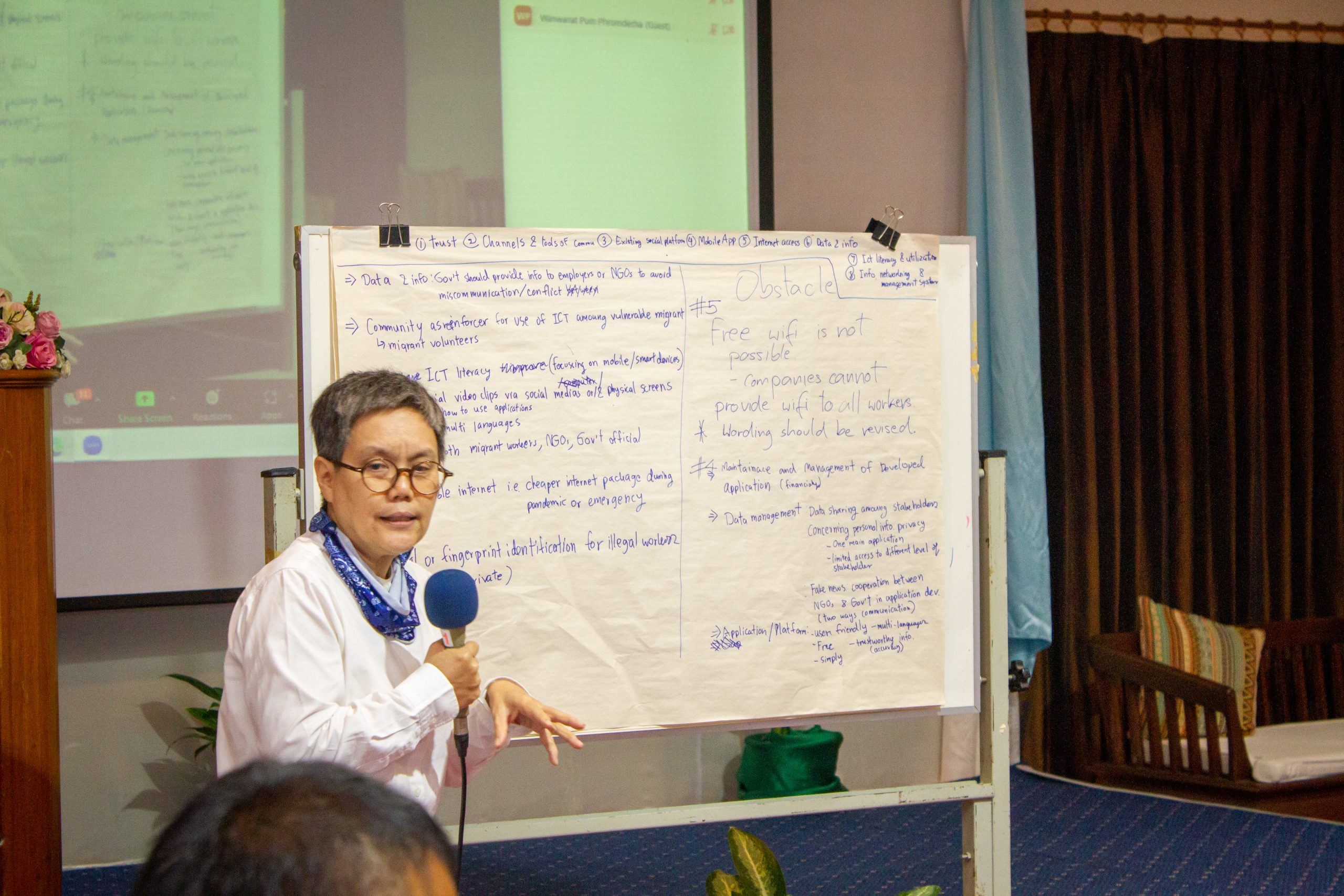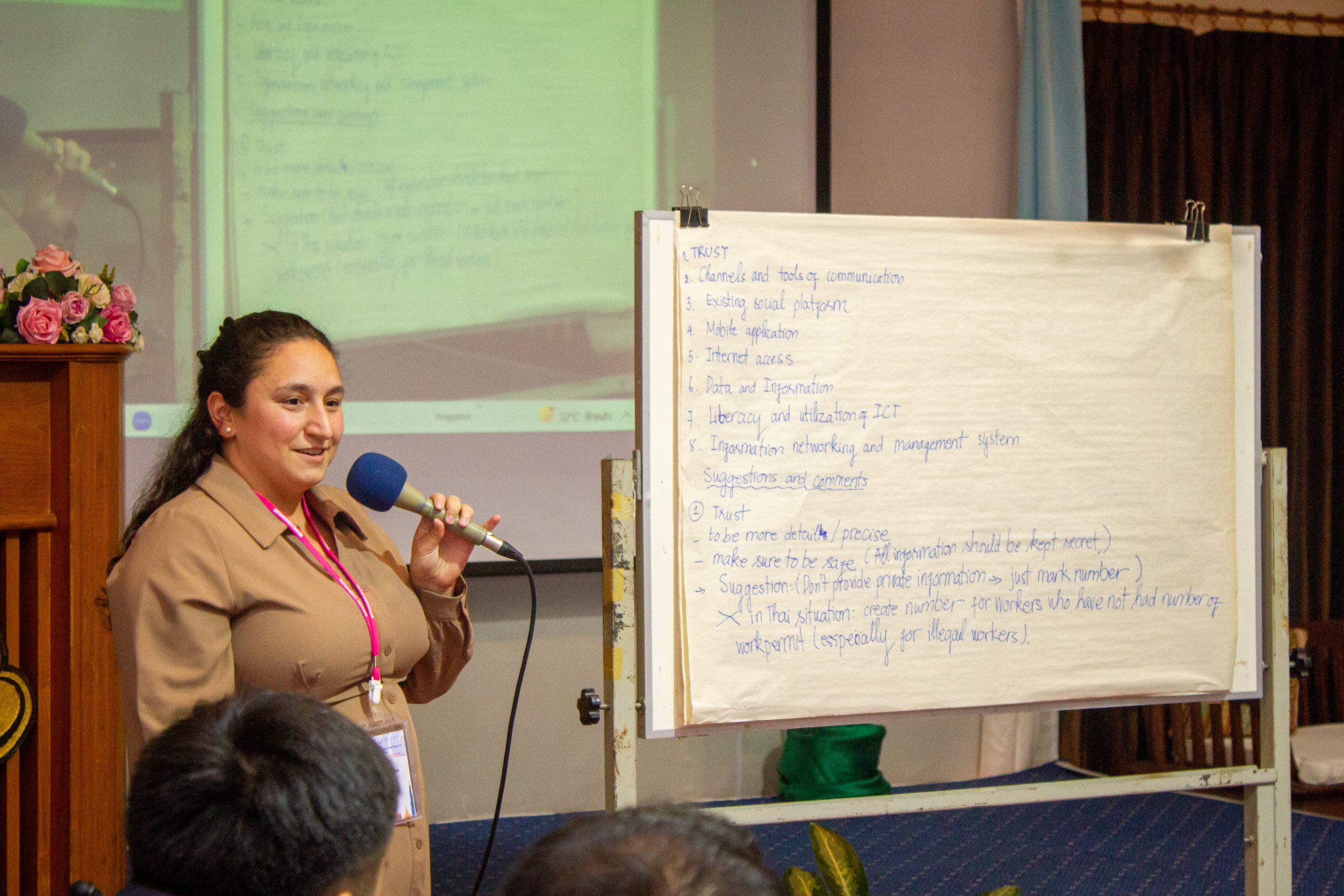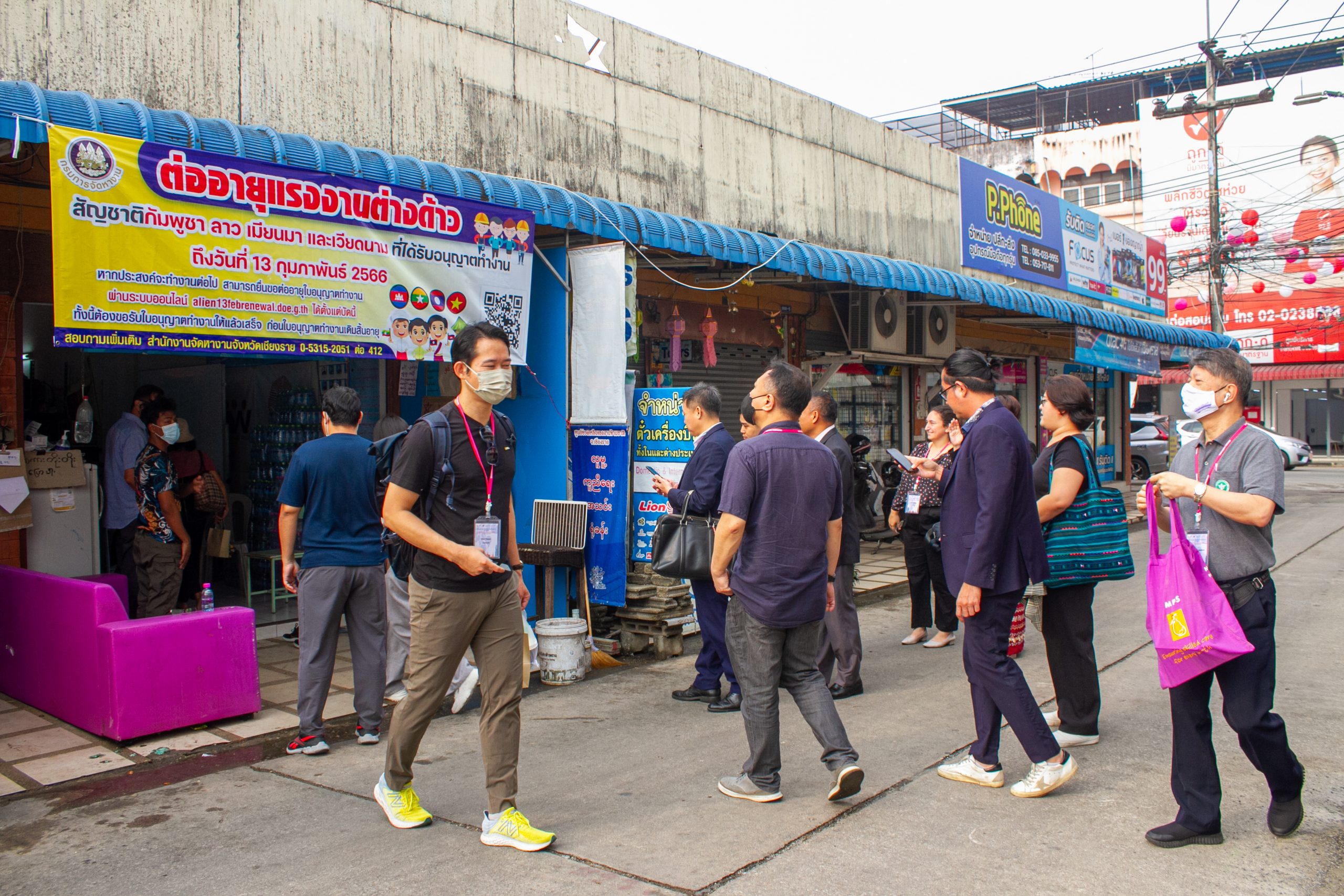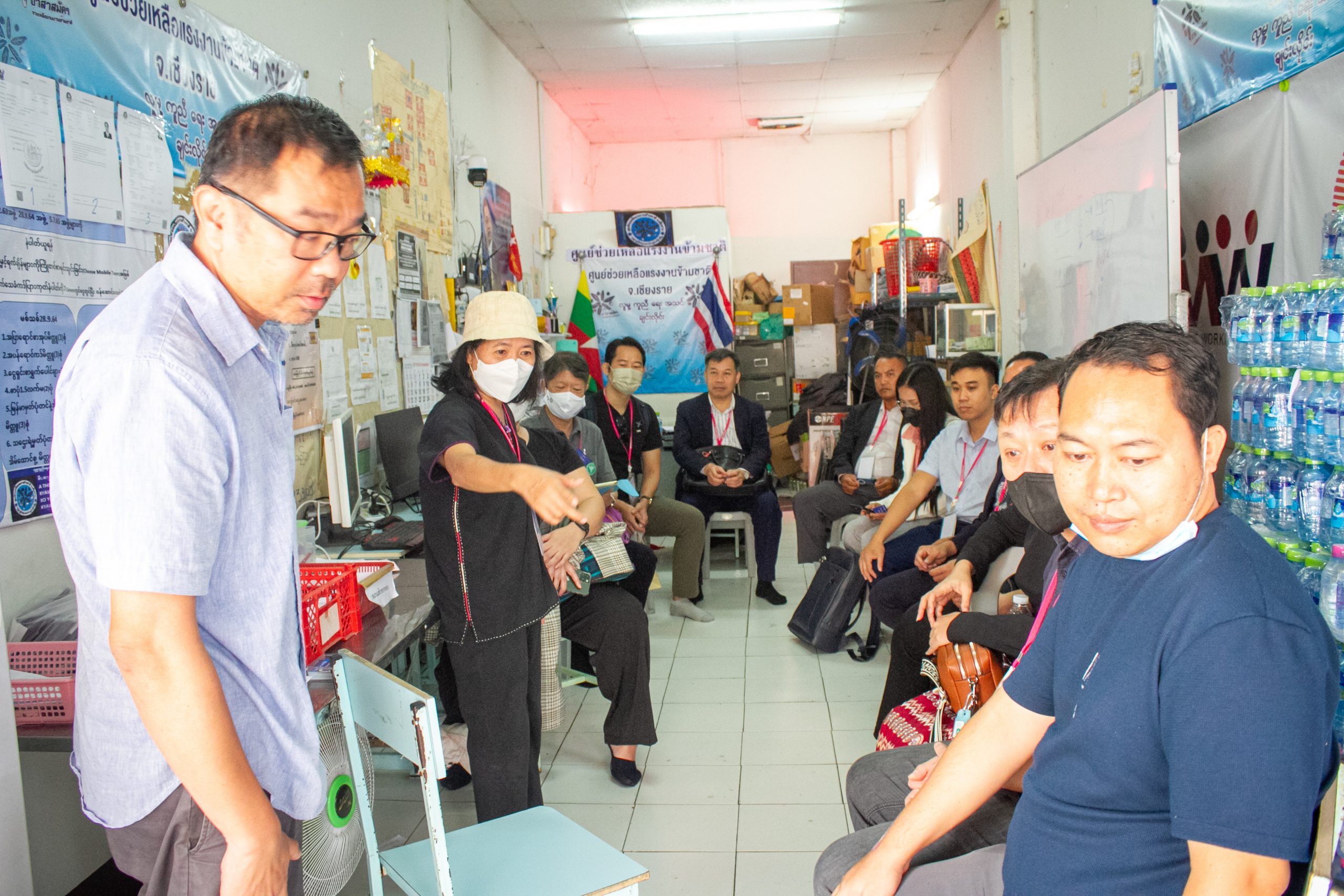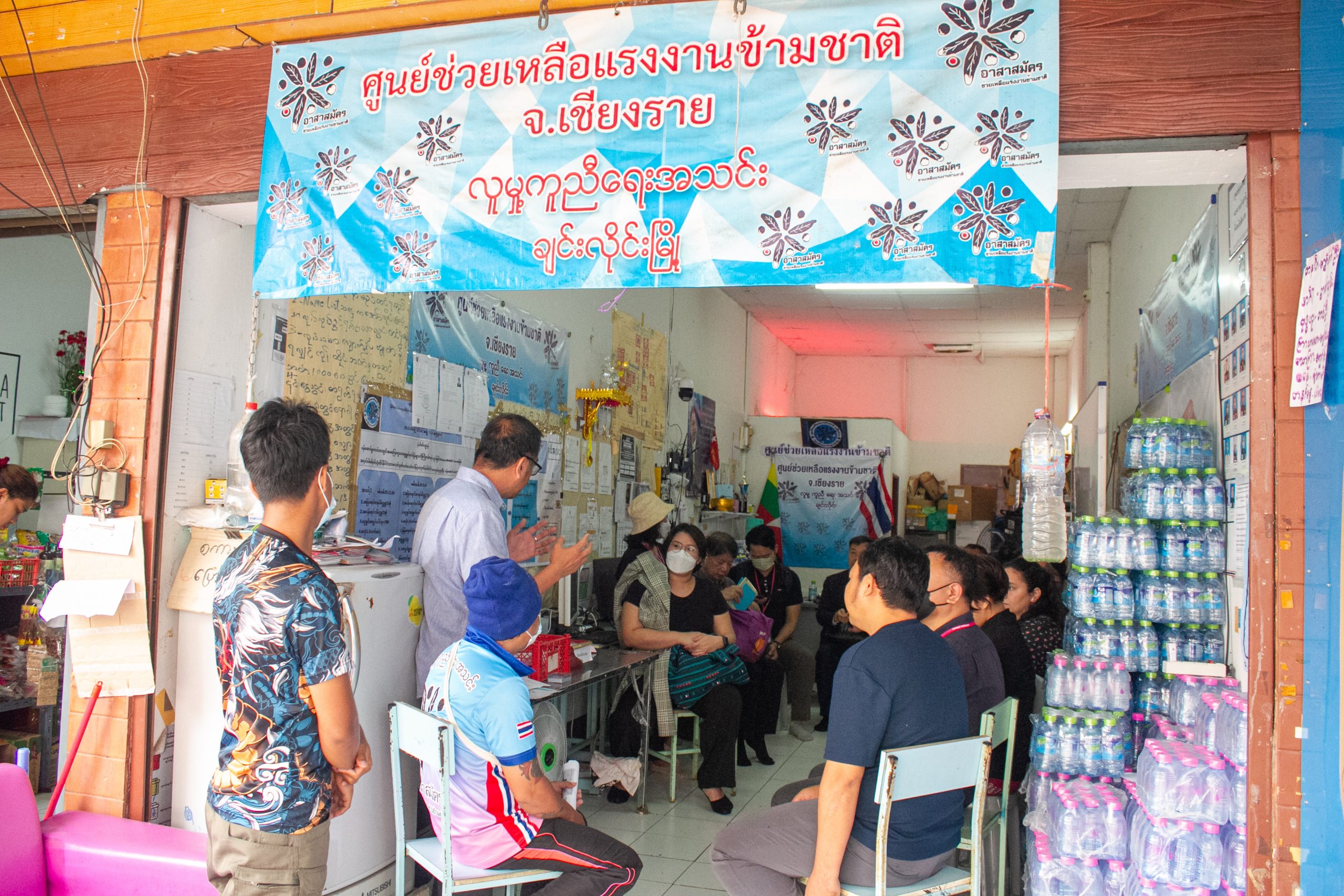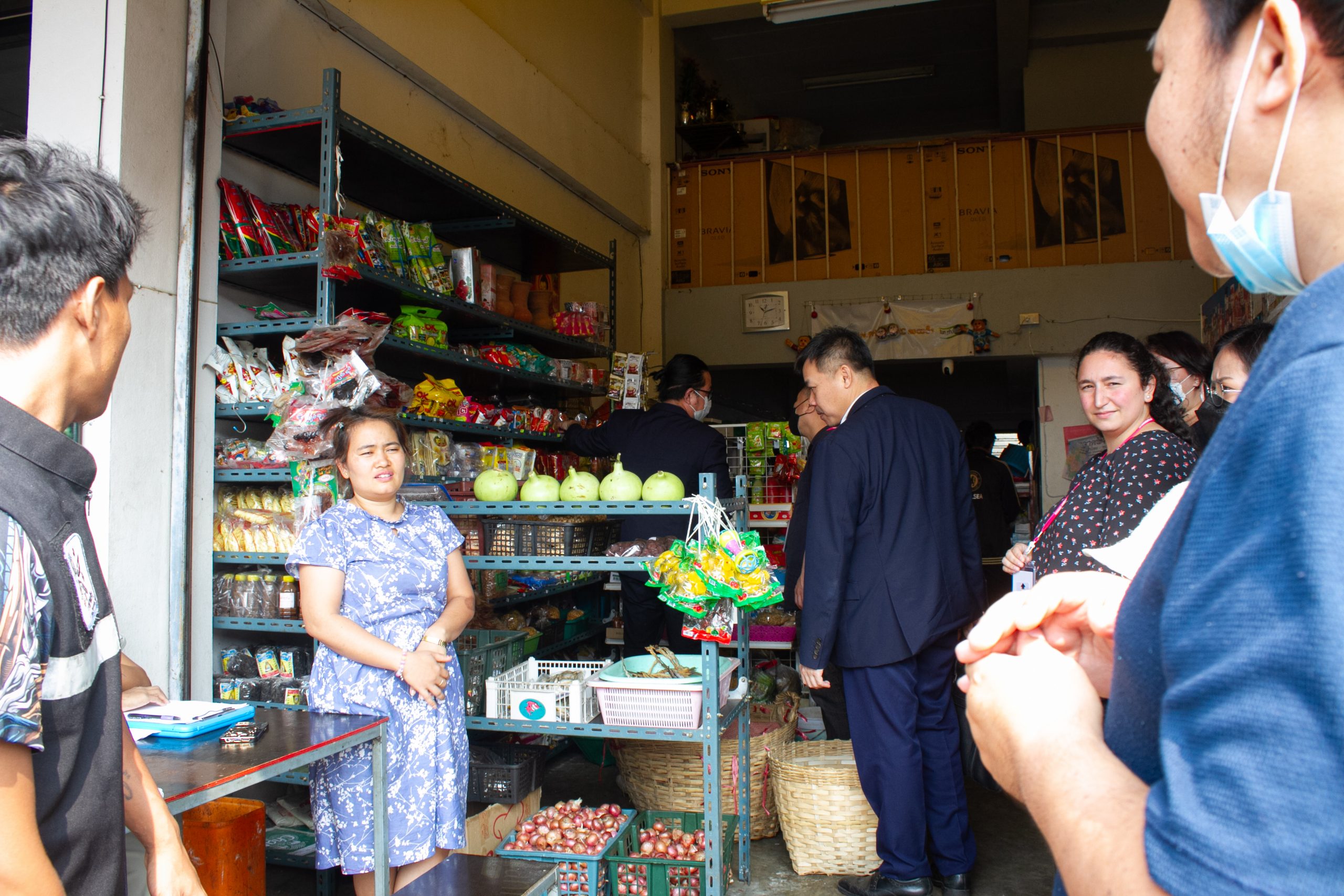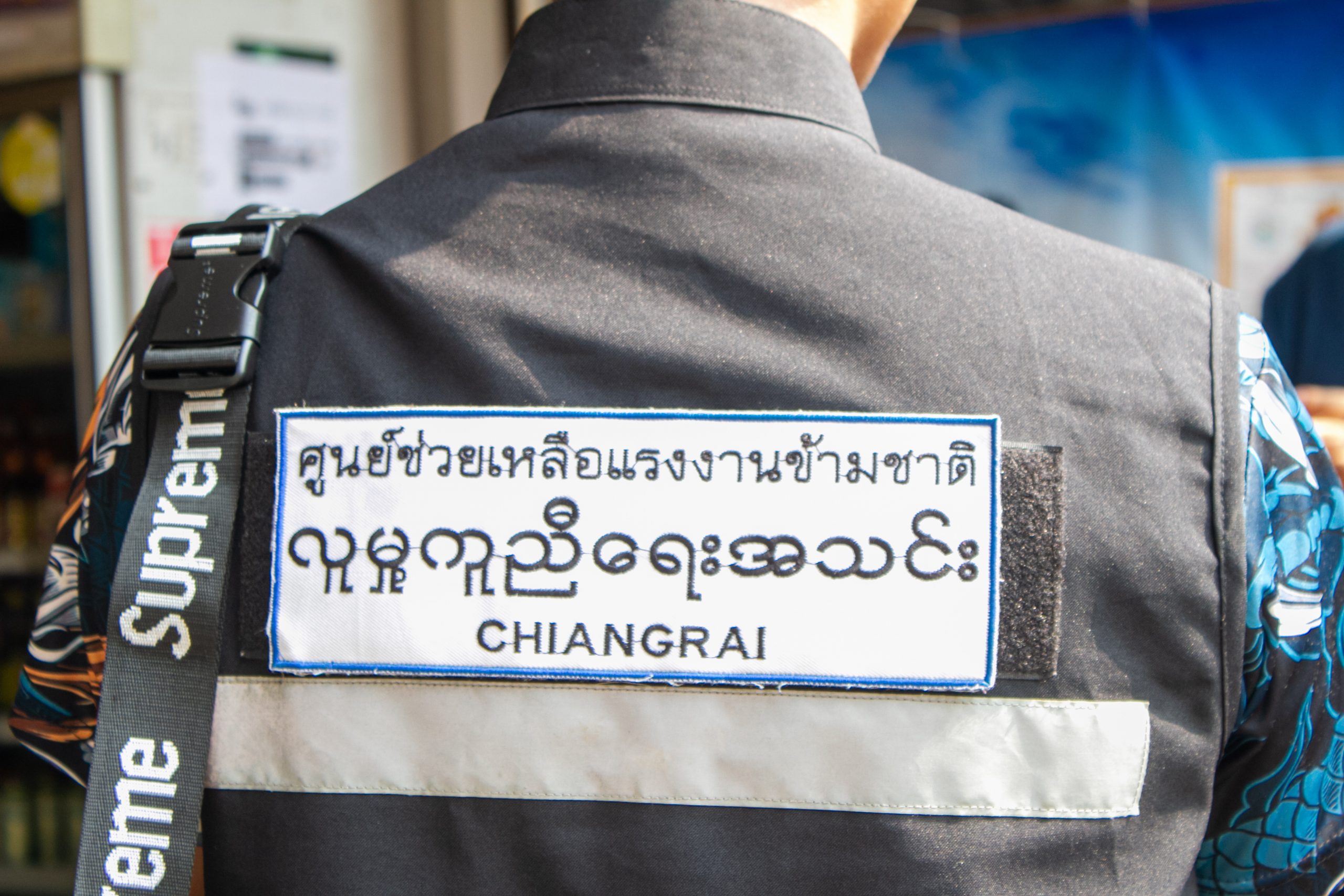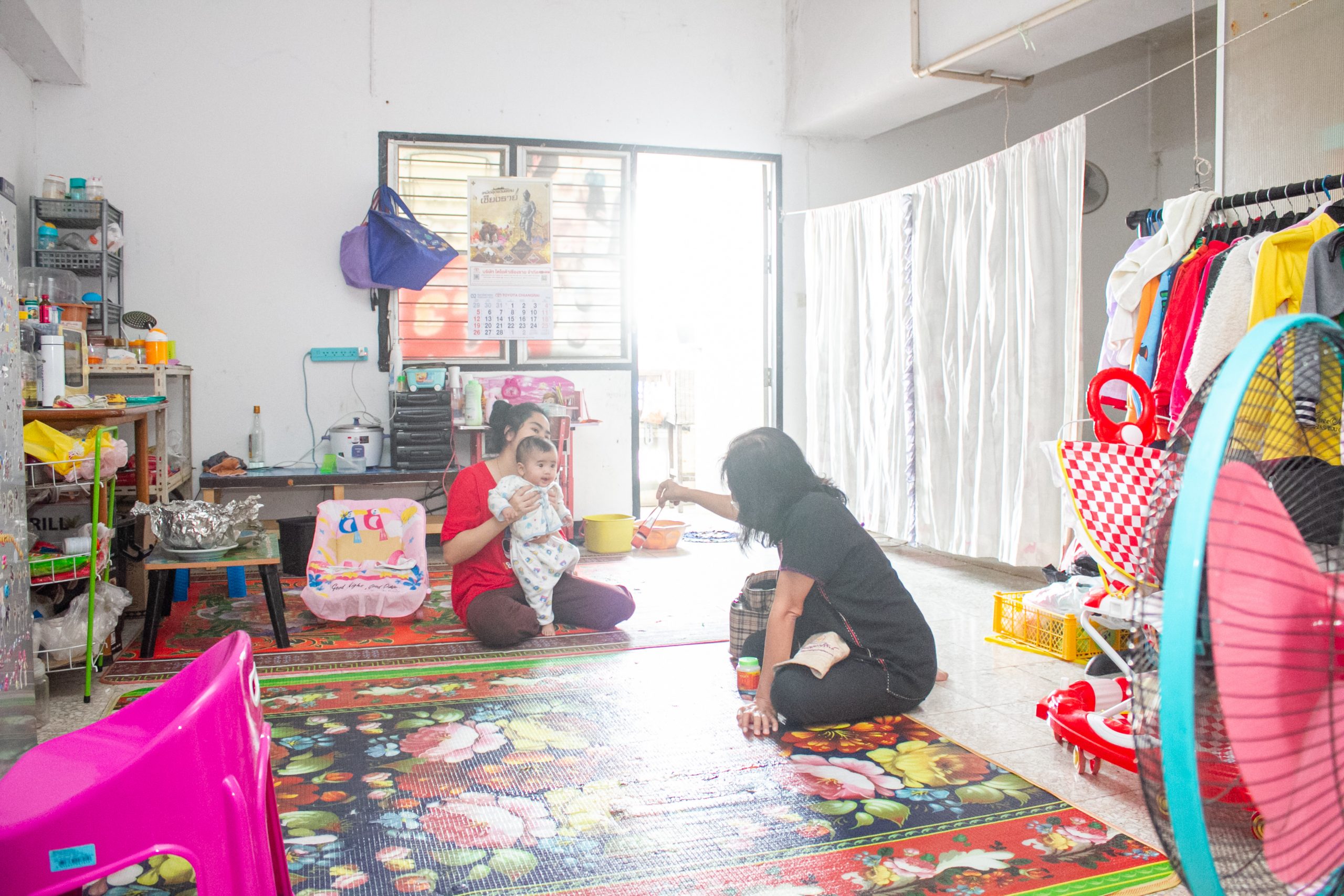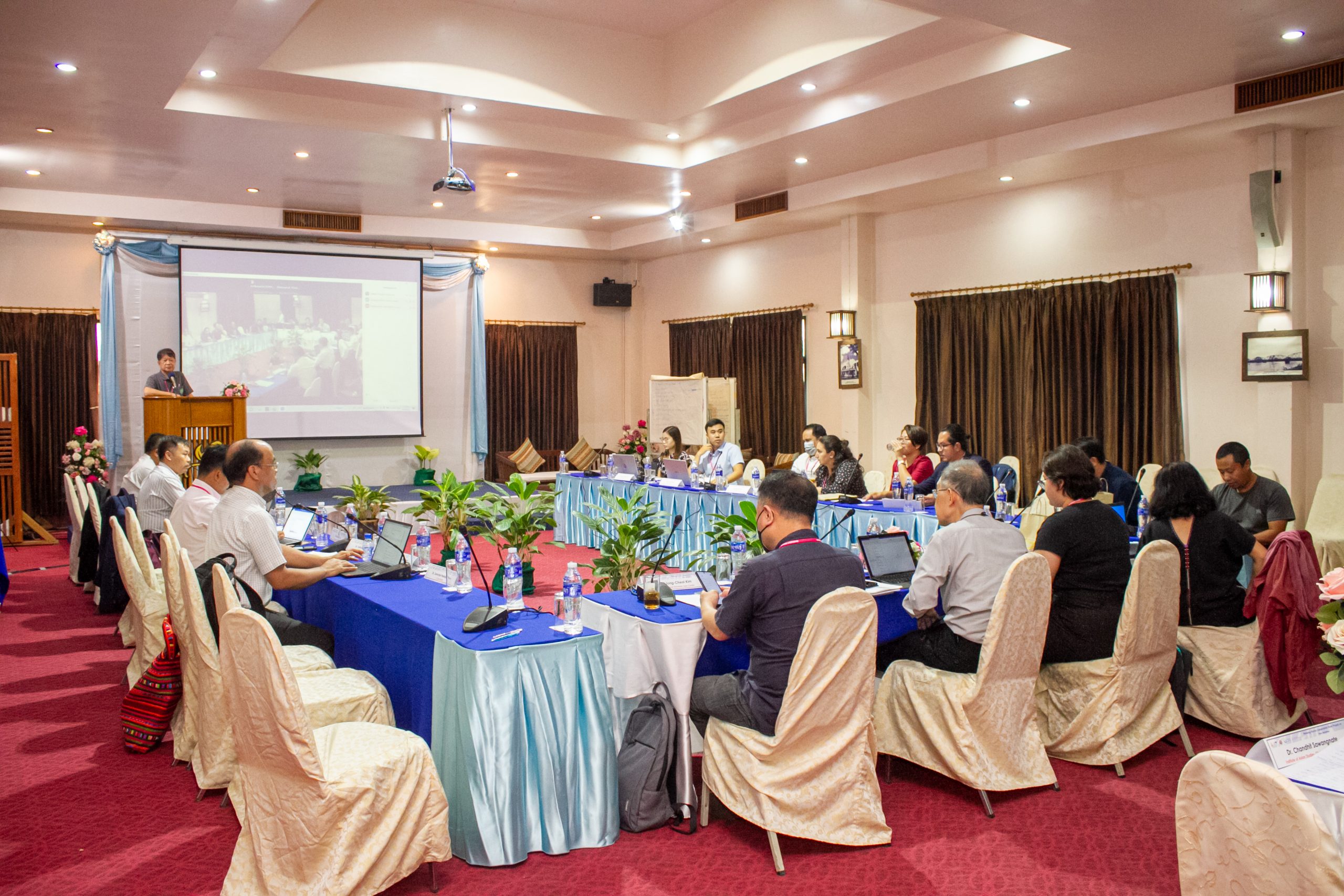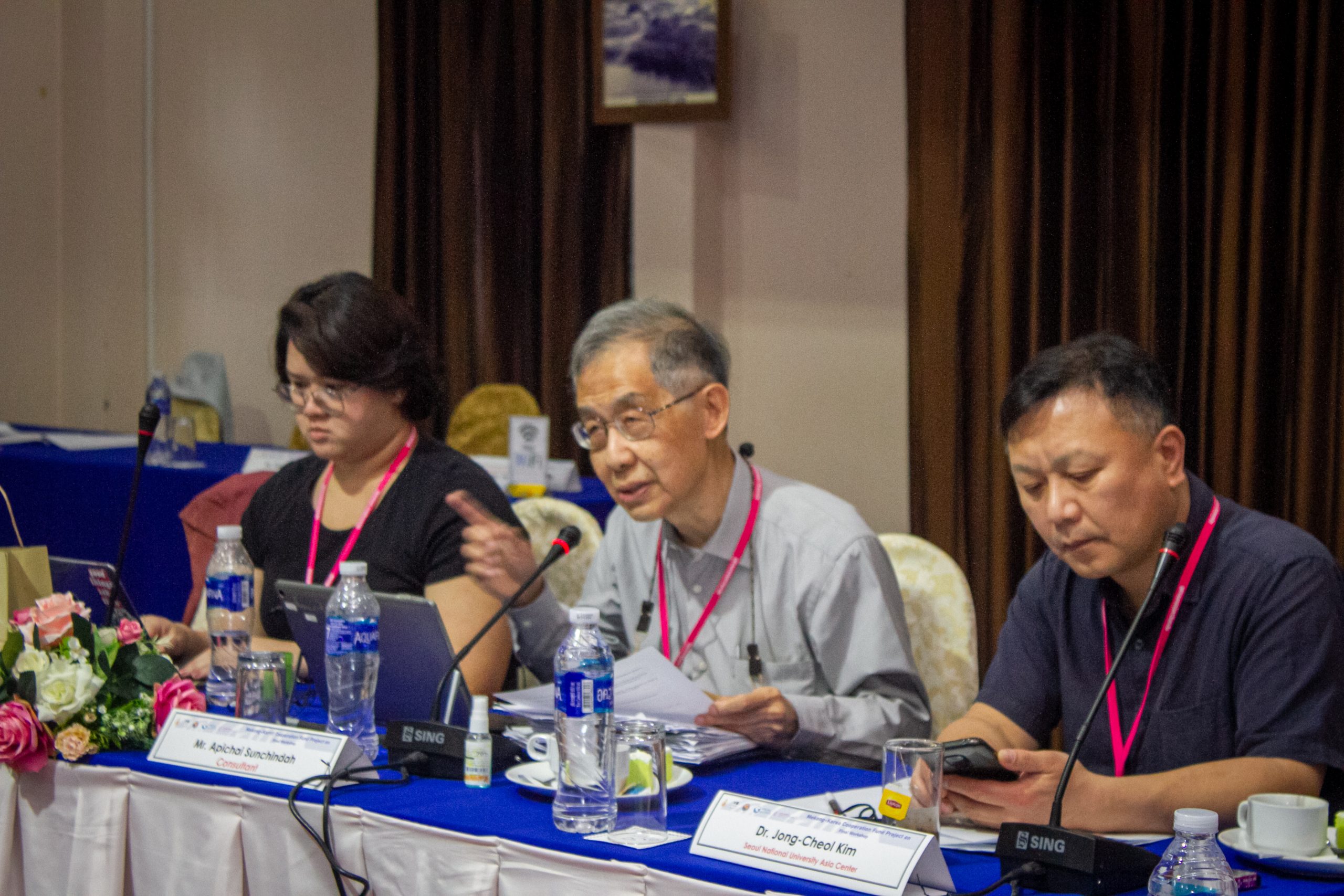Final Workshop on Sharing of Experiences, Best Practices and Lessons Learned in Controlling COVID-19 Outbreaks between ROK and Mekong Countries with focus on Migrant Worker Populations and the Use of ICT
: 14-17 February 2023 At Phowadol Resort and Spa, Chiang Rai, Thailand
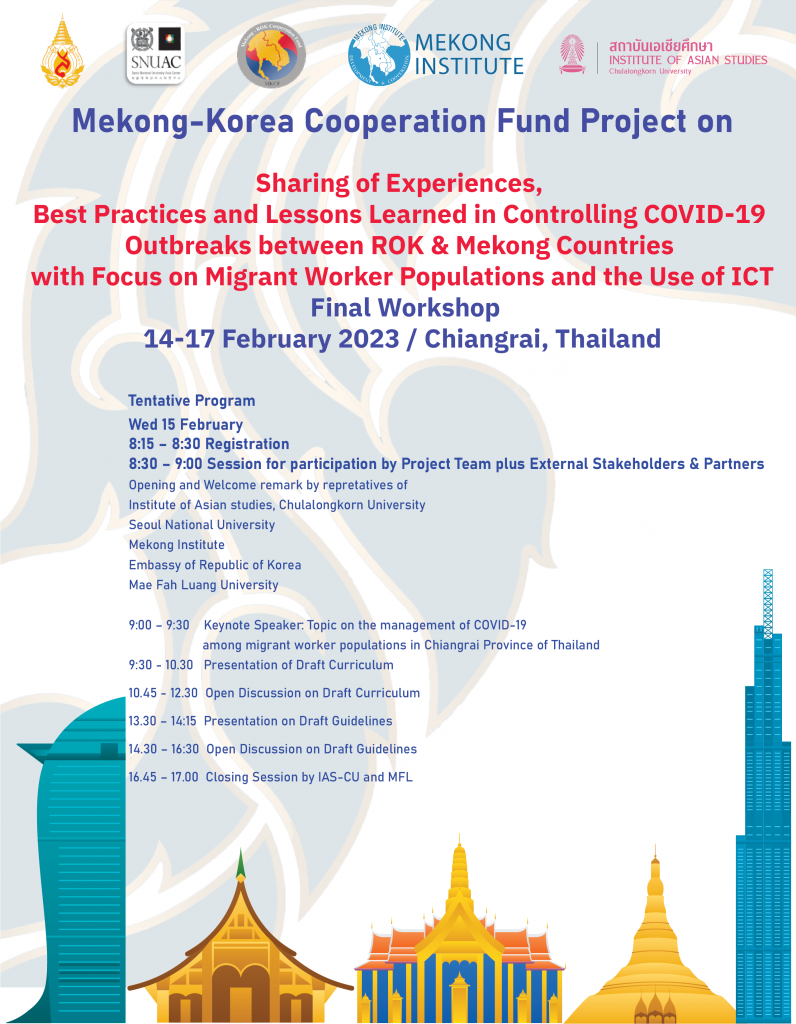
Rationale and Background
The COVID-19 pandemic has made migrant workers, notably those from the Greater Mekong Subregion (GMS), one of the most vulnerable populations. There are studies that highlight the difficulties and obstacles faced by migrant workers as part of pandemic control measures, including imposed mobility
restrictions and access to healthcare services. Effective methods, such as having good monitoring systems, capable human resources, as well as policies and initiatives, are needed to deal with these challenges. To find solutions to these challenges and to create efficient mechanisms that can contribute to better
pandemic management, the project “Sharing of Experiences, Best Practices, and Lessons Learned in Controlling the COVID-19 Outbreak between the Republic of Korea and Mekong Countries” was commissioned with funding support from the Government of the Republic of Korea (ROK) through the
Mekong-Korea Cooperation Fund (MKCF). This initiative has been carried out by the project team from five countries: Cambodia, the Lao People’s Democratic Republic, Myanmar, Thailand and Vietnam (CLMTV), and with the collaboration from ROK. The project has developed the training modules to
enhance and strengthen capacity primarily of the GMS countries to adapt operational practices and in particular how ICT works and how it is used by migrant workers and other concerned stakeholders in the context of pandemic response .
Based on the results of the project that were implemented in five countries, as mentioned previously, it was found that all nations have implemented numerous policies and measures to address the COVID-19 pandemic, such as mobility restrictions, vaccination policies, social and healthcare services, migrant’s rights and information communication technology (ICT). During the pandemic, however, it became evident that ICT has emerged as key mechanisms in every country in facilitating activities that will effectively control the pandemic. Although it has played a significant role, there are still gaps and limitations in ICT management, literacy and access. Thus, it is essential to increase national and subnational stakeholders’ ICT awareness and management, promote digital literacy and associated skills, and improve technological infrastructure.
In view of the above considerations, it is therefore essential to develop a training curriculum to address the challenges that remain in having effective and timely management and control of future pandemic situations. This training curriculum is intended to be adaptable to the policies and measures of GMS
countries (and ROK) for the COVID-19 pandemic management focusing on migrant workers and ICT Utilization. Therefore, the training curriculum with three main pillars is proposed as follows:
(1) Pandemic management and health response
(2) Migrant workers and safe migration
(3) ICT literacy and management


